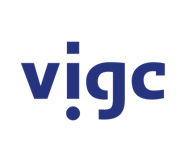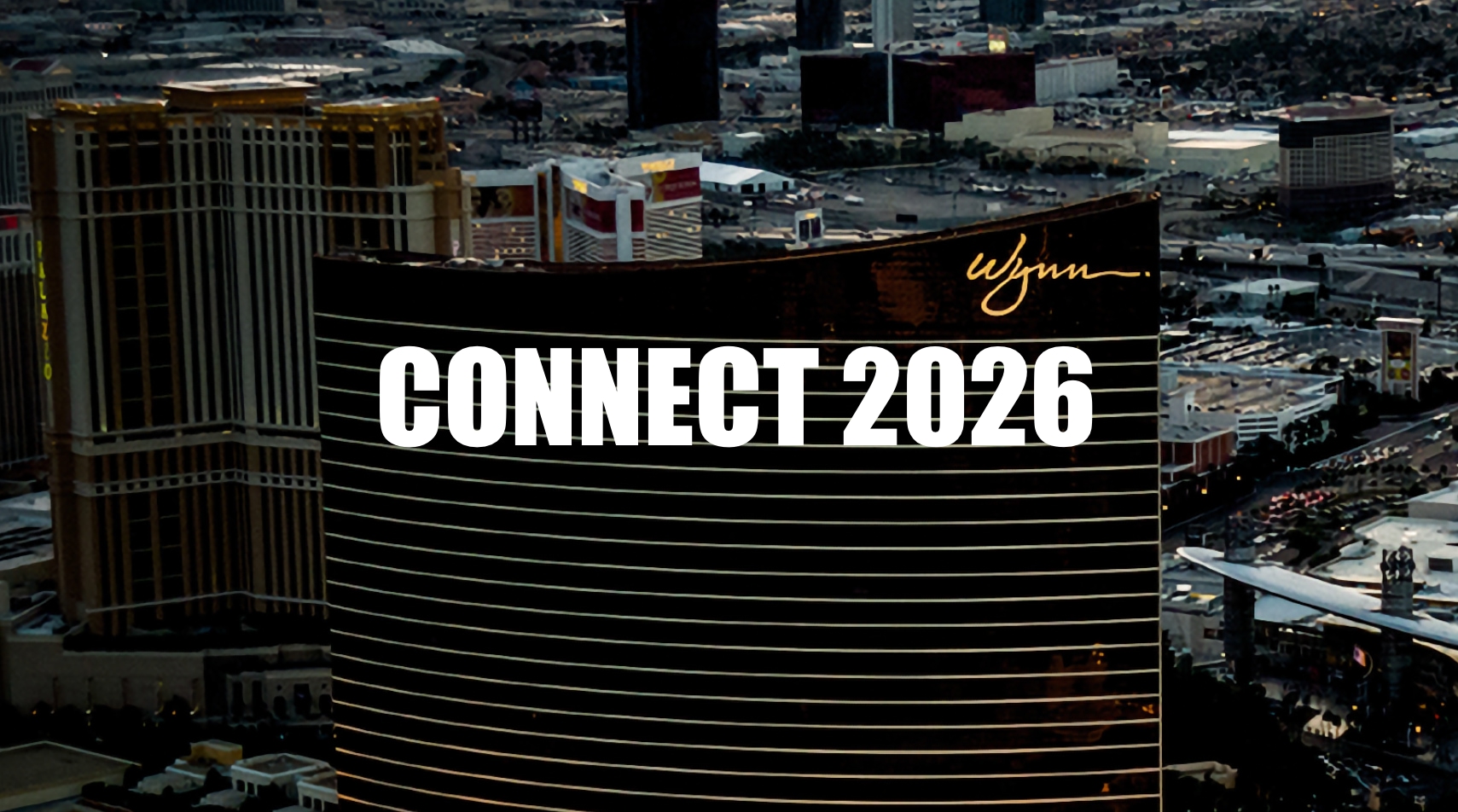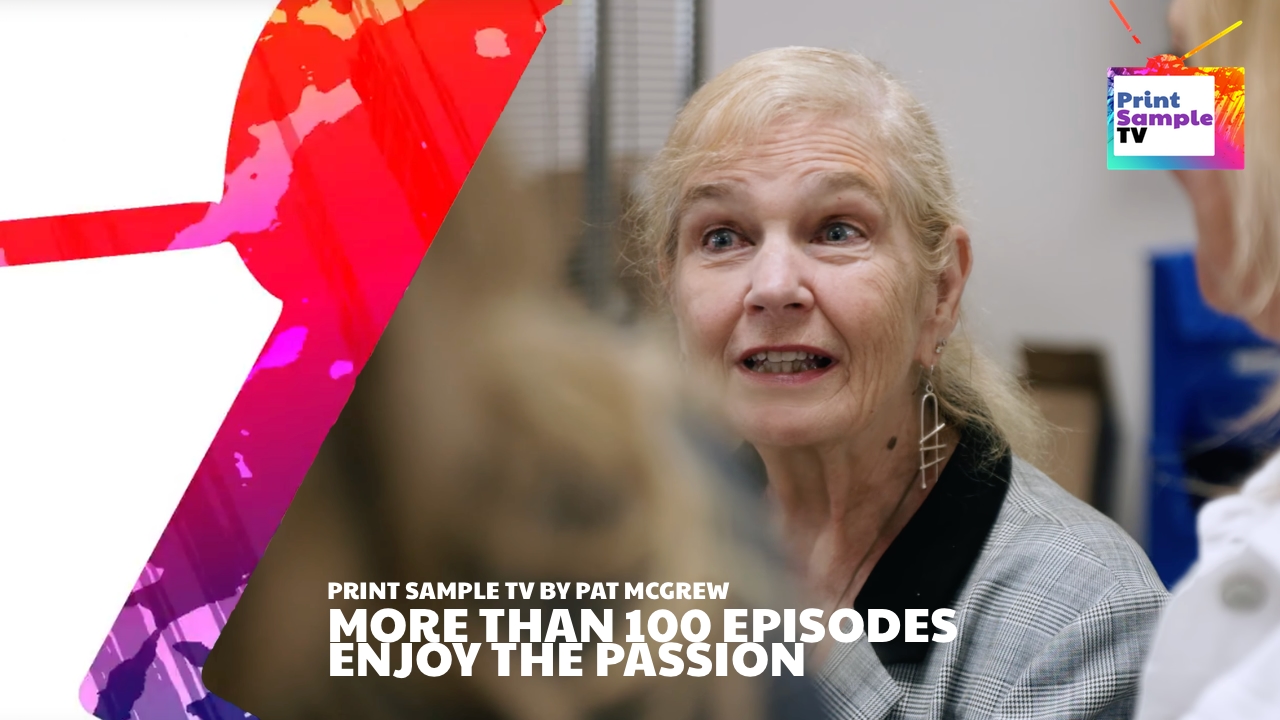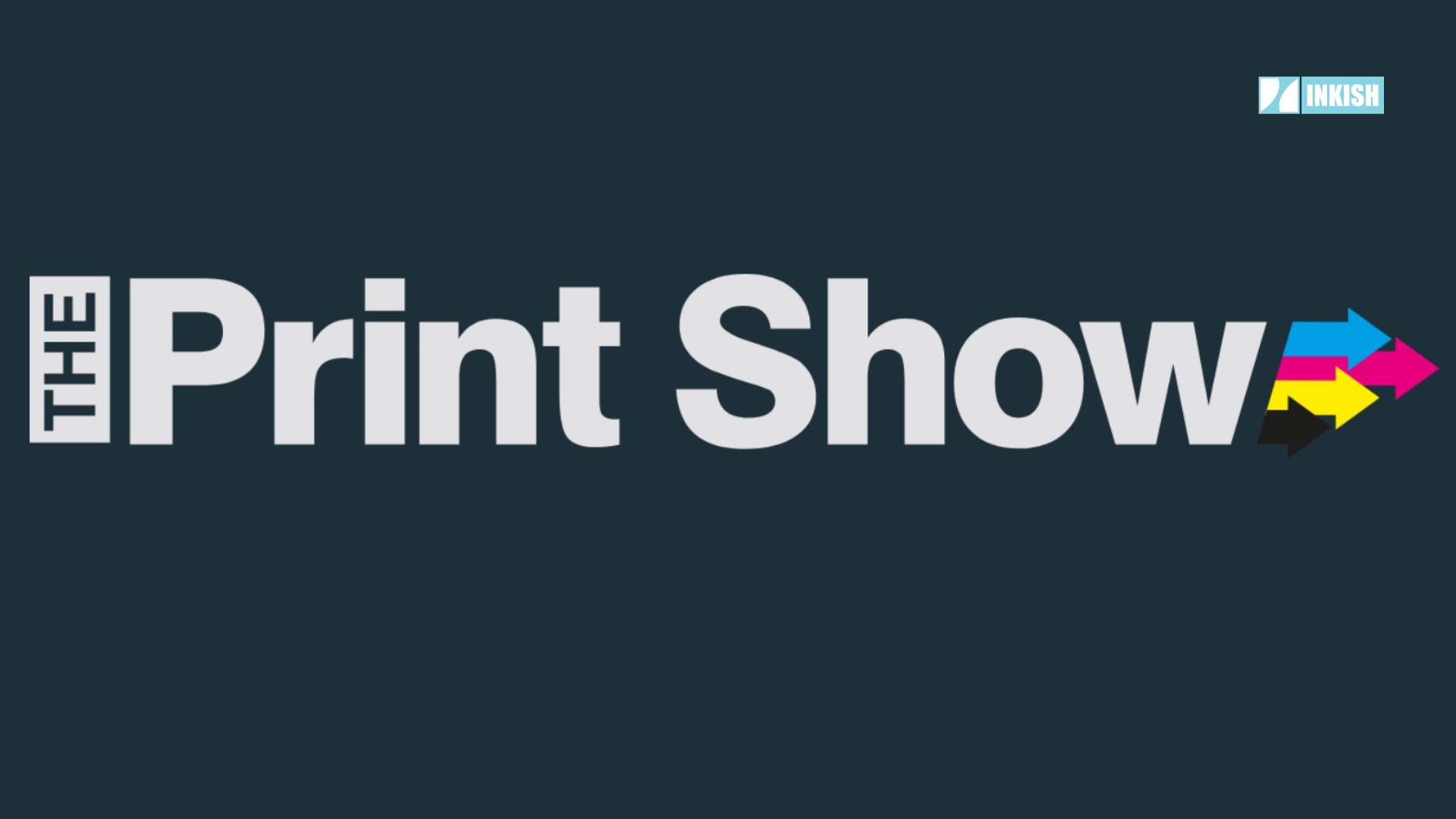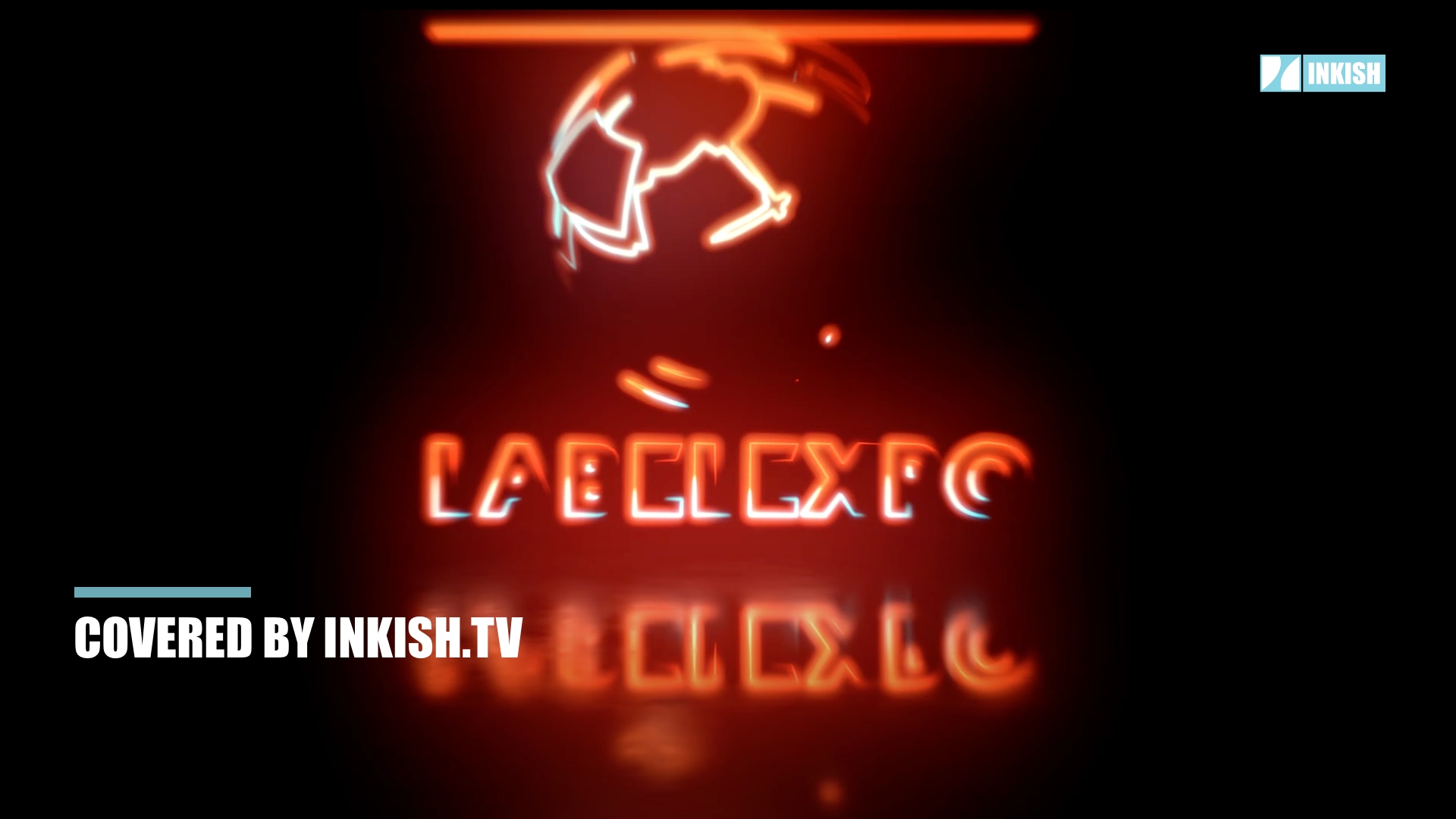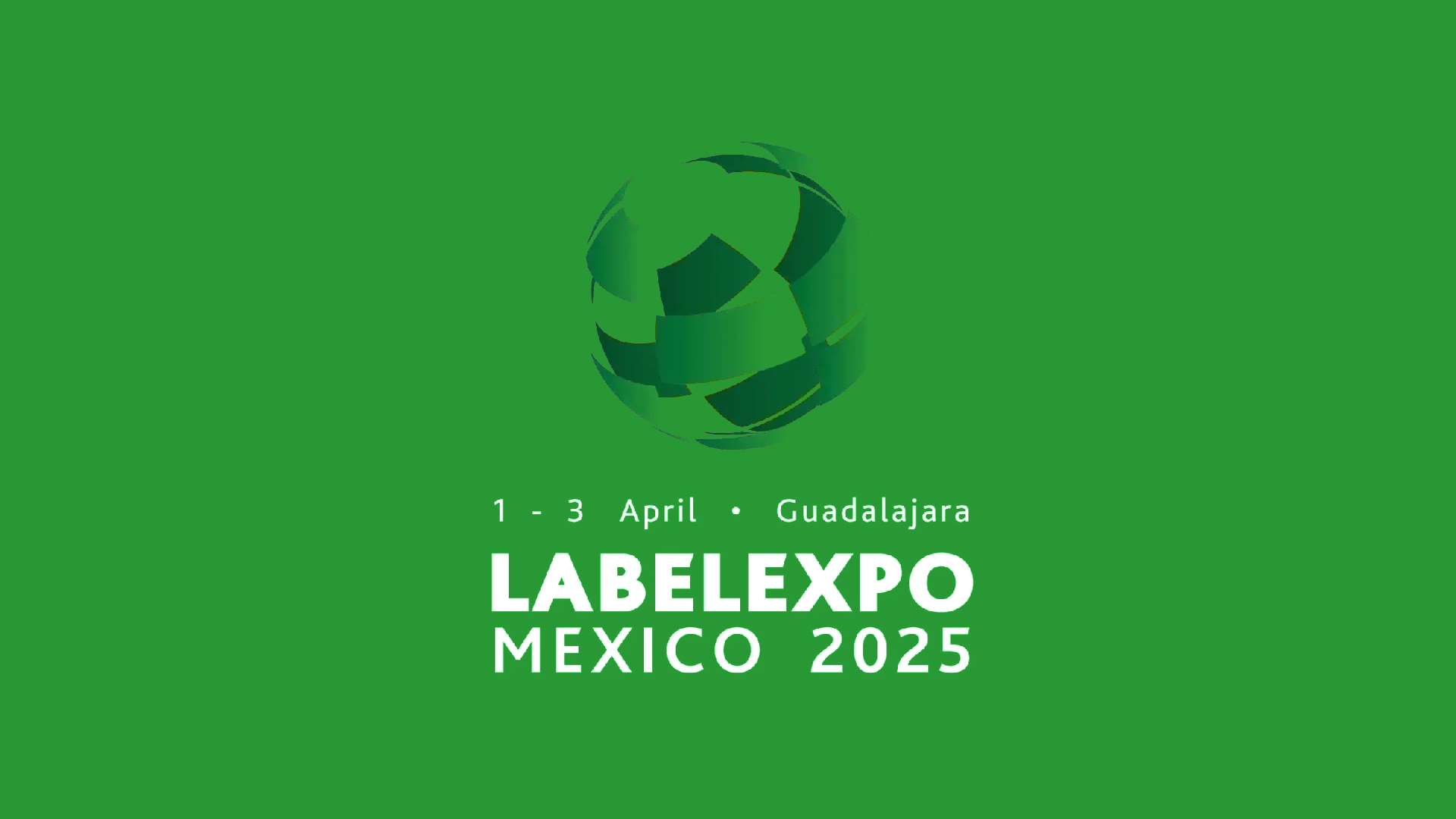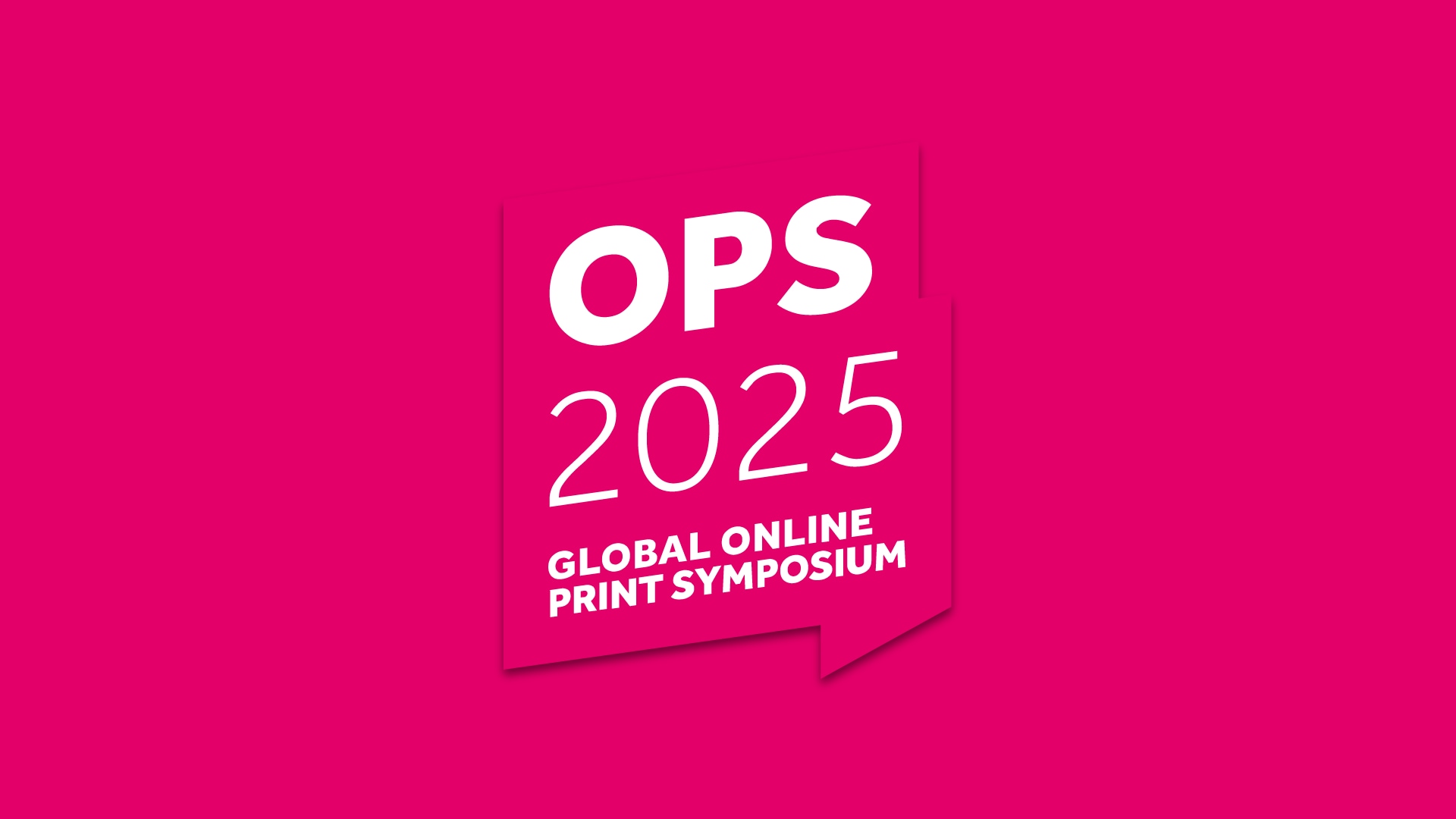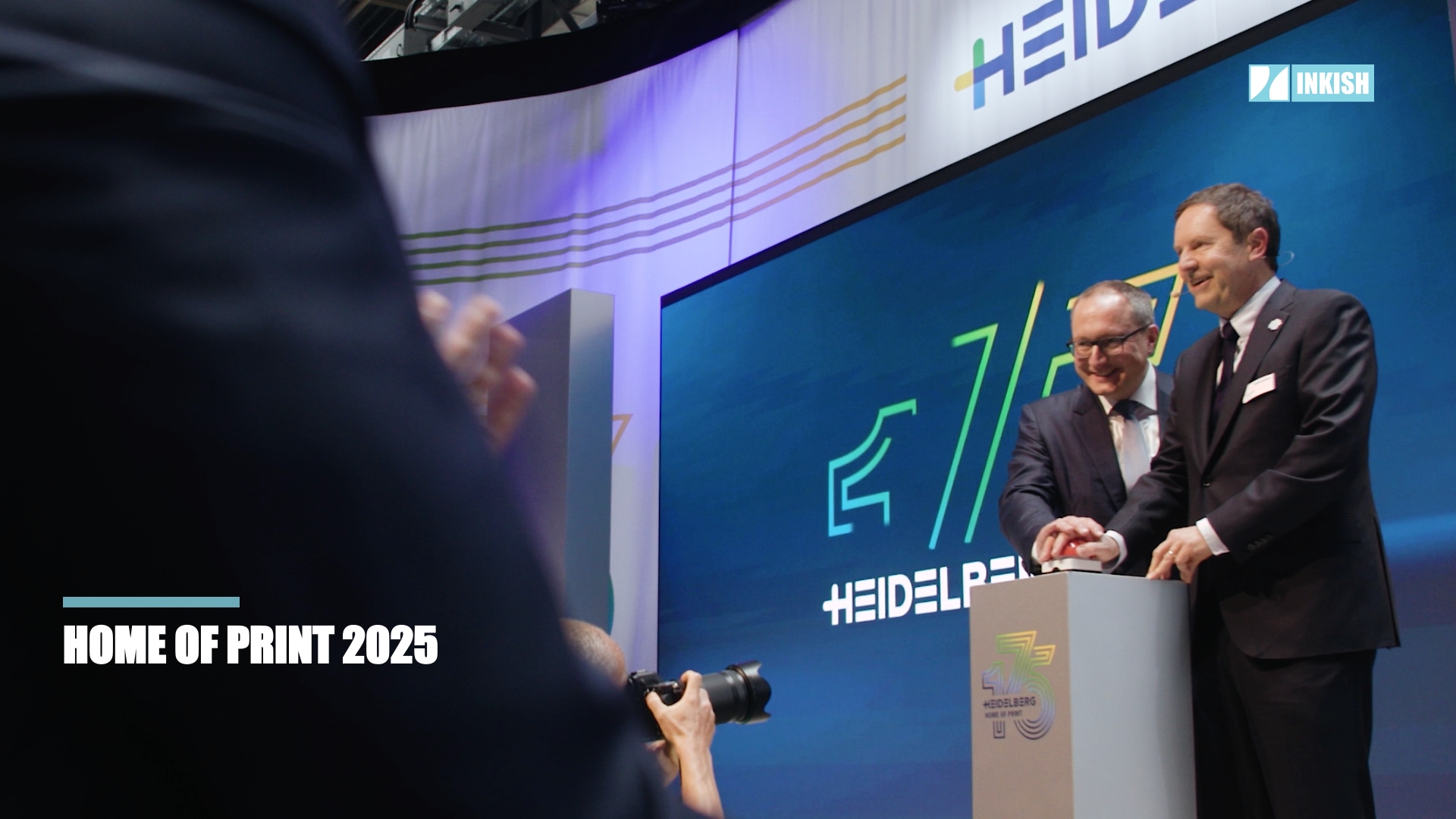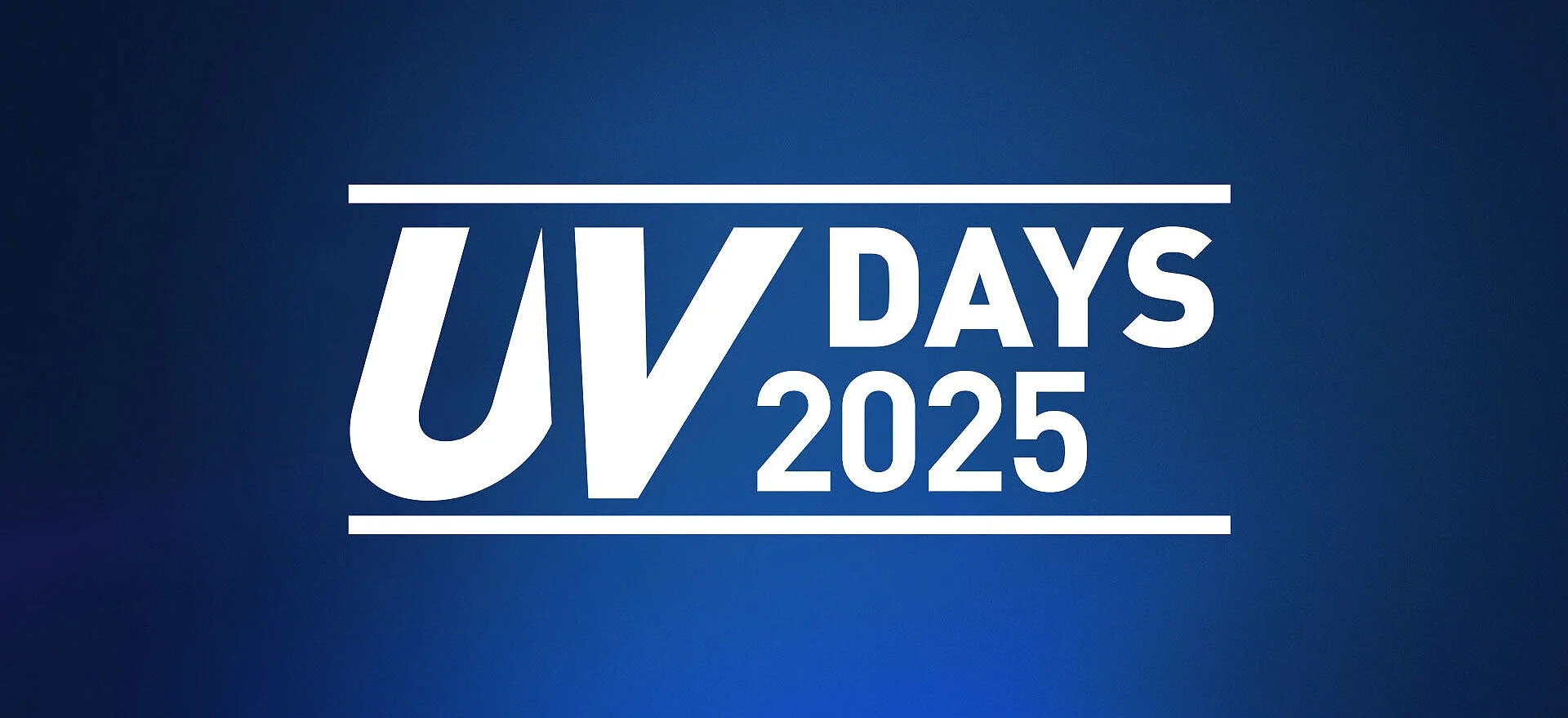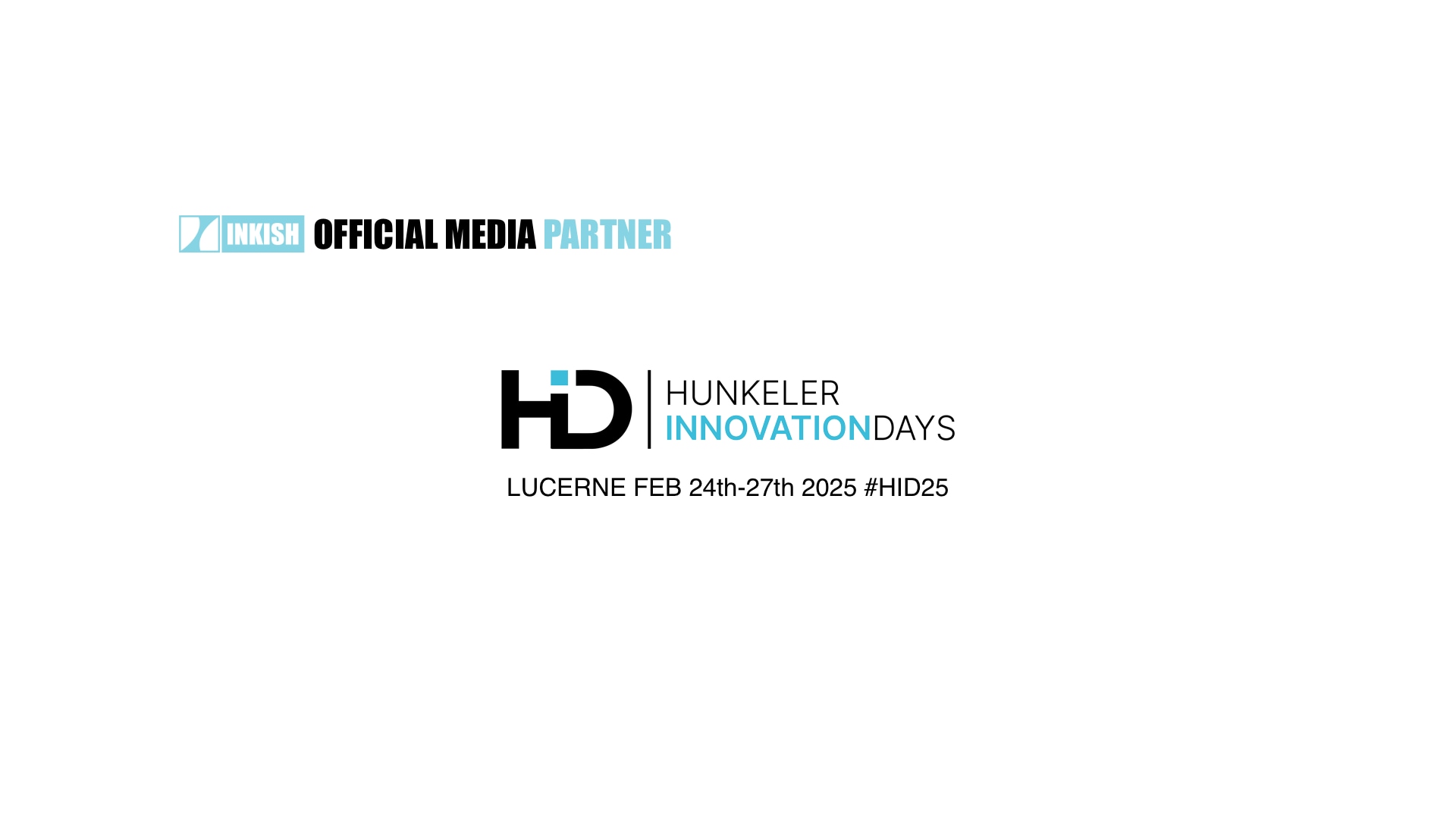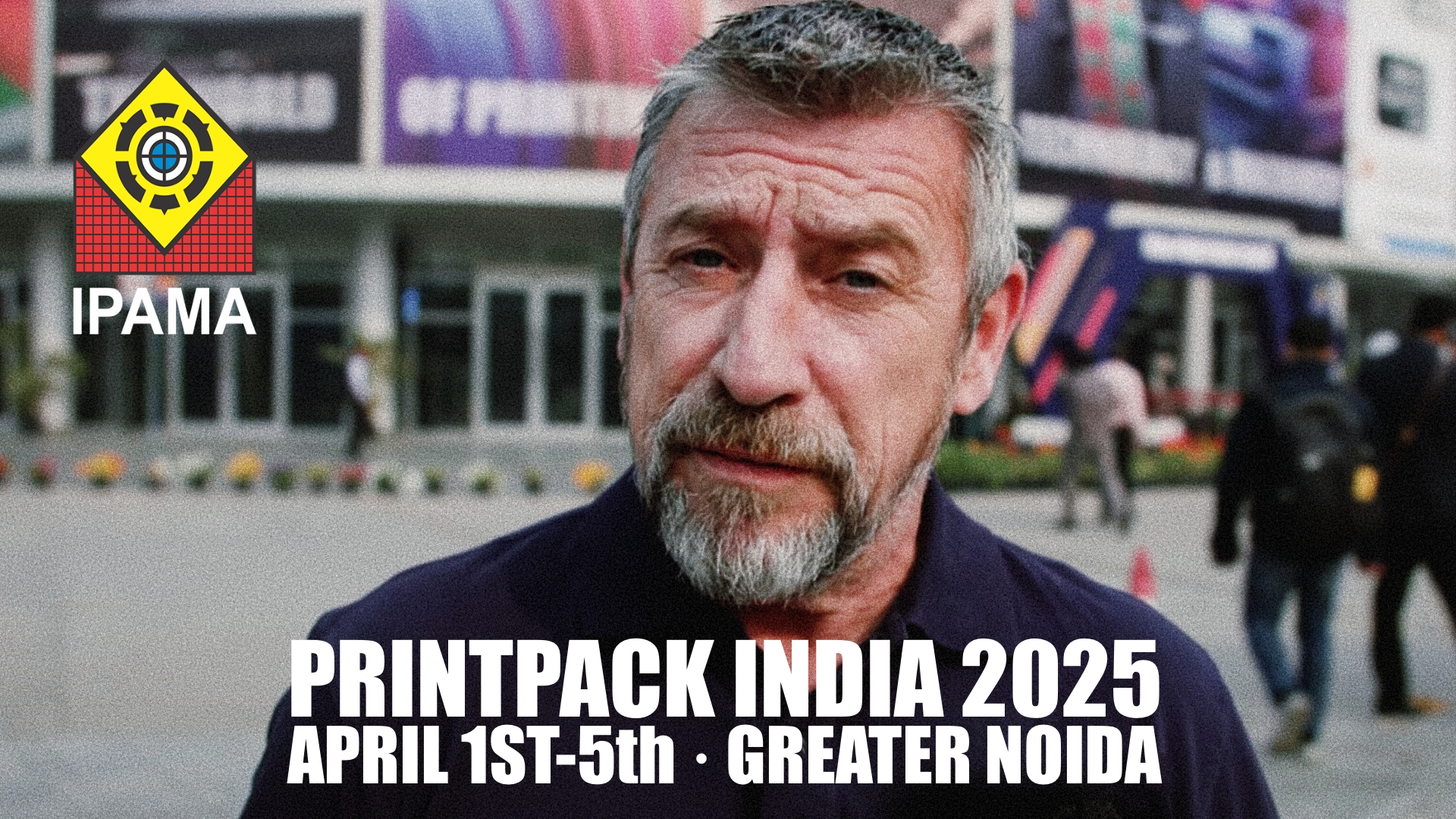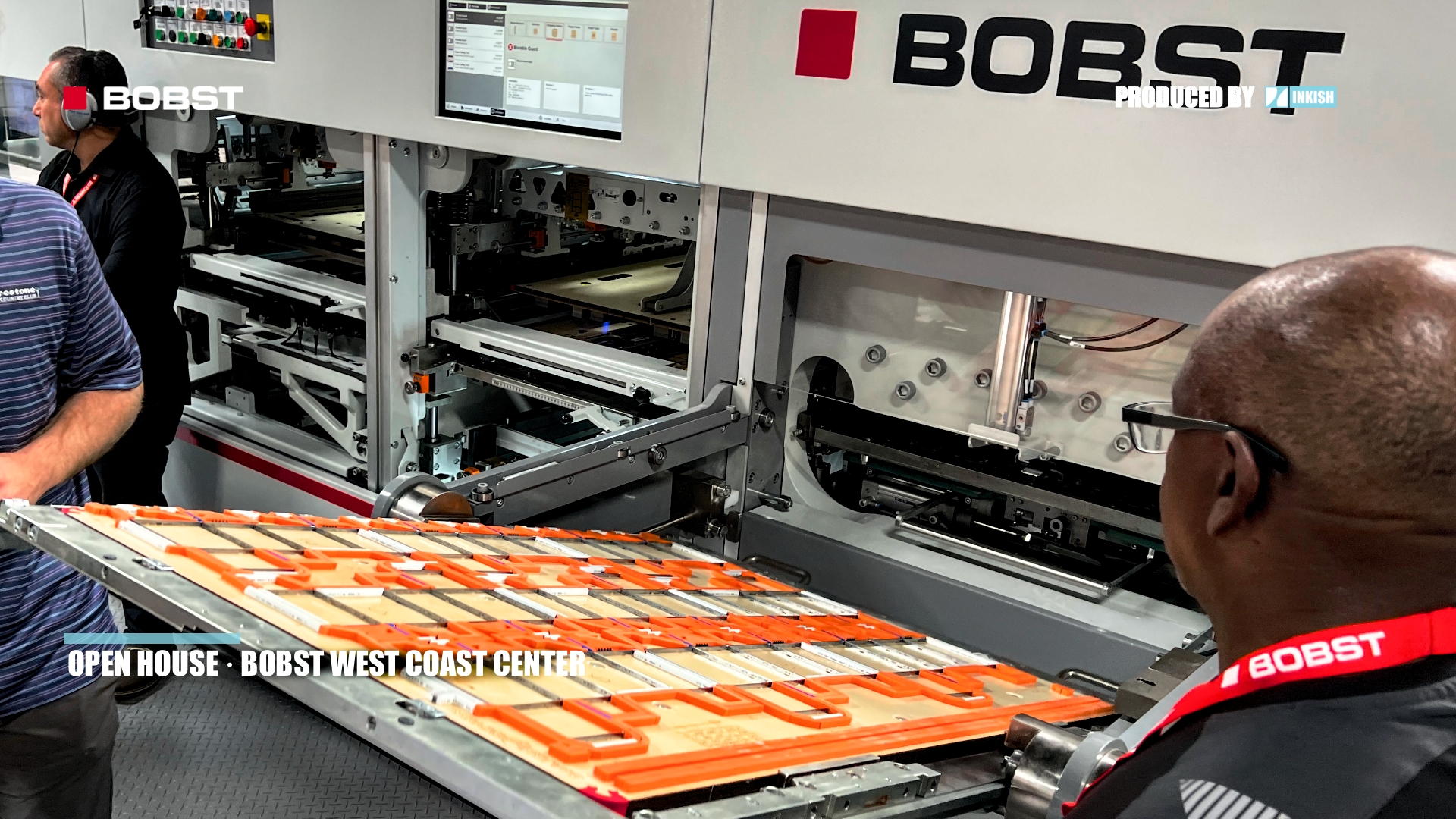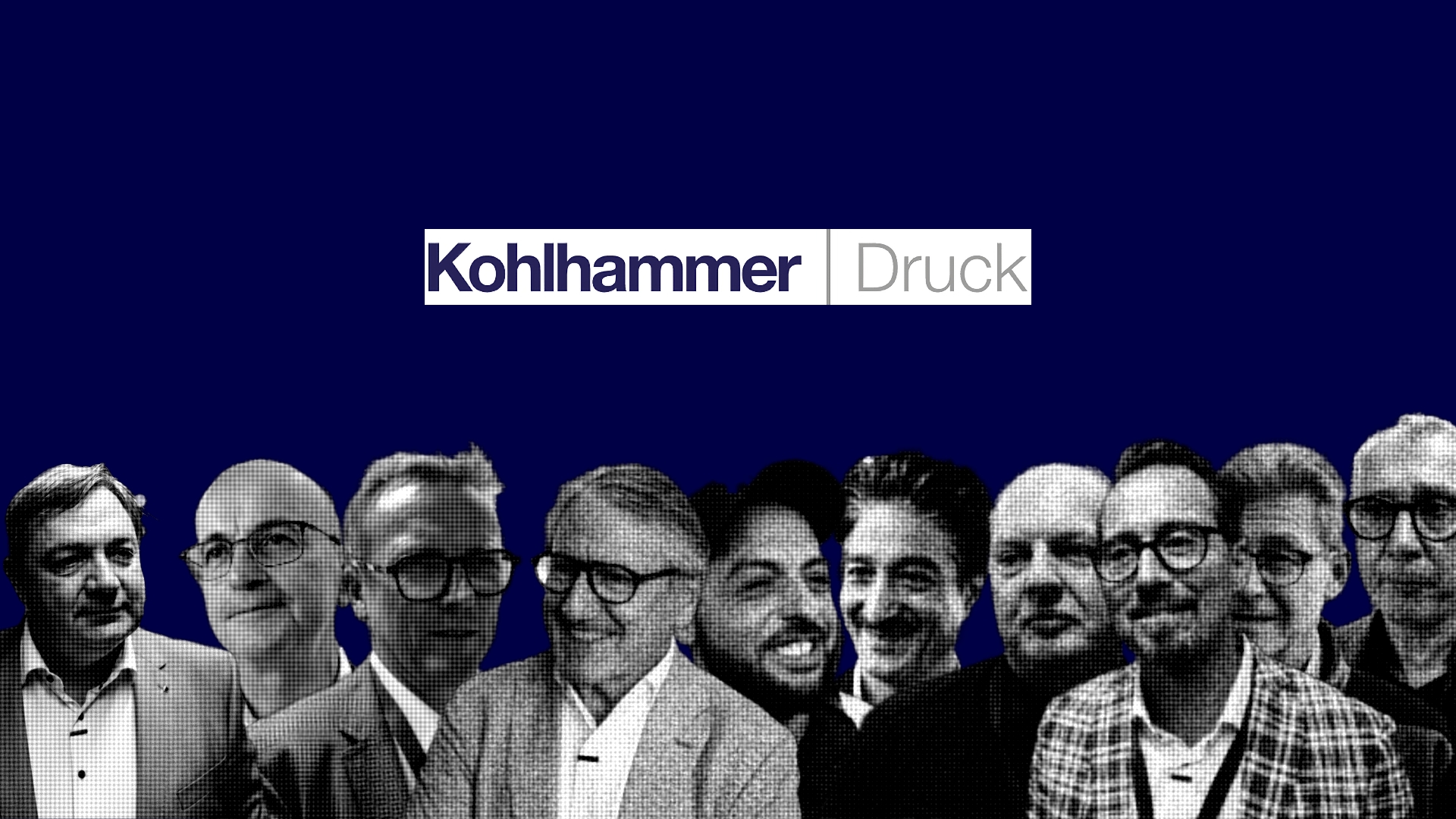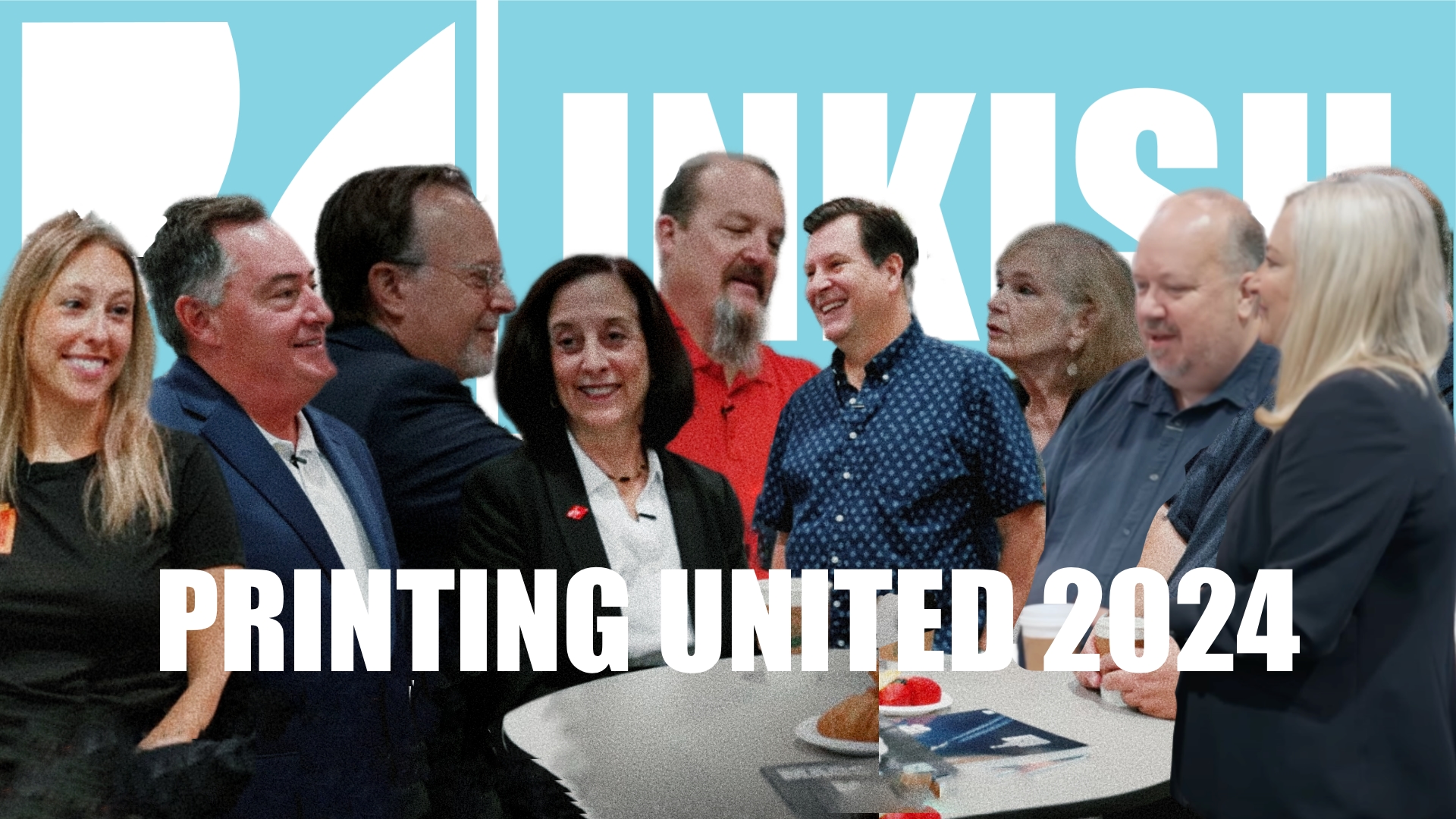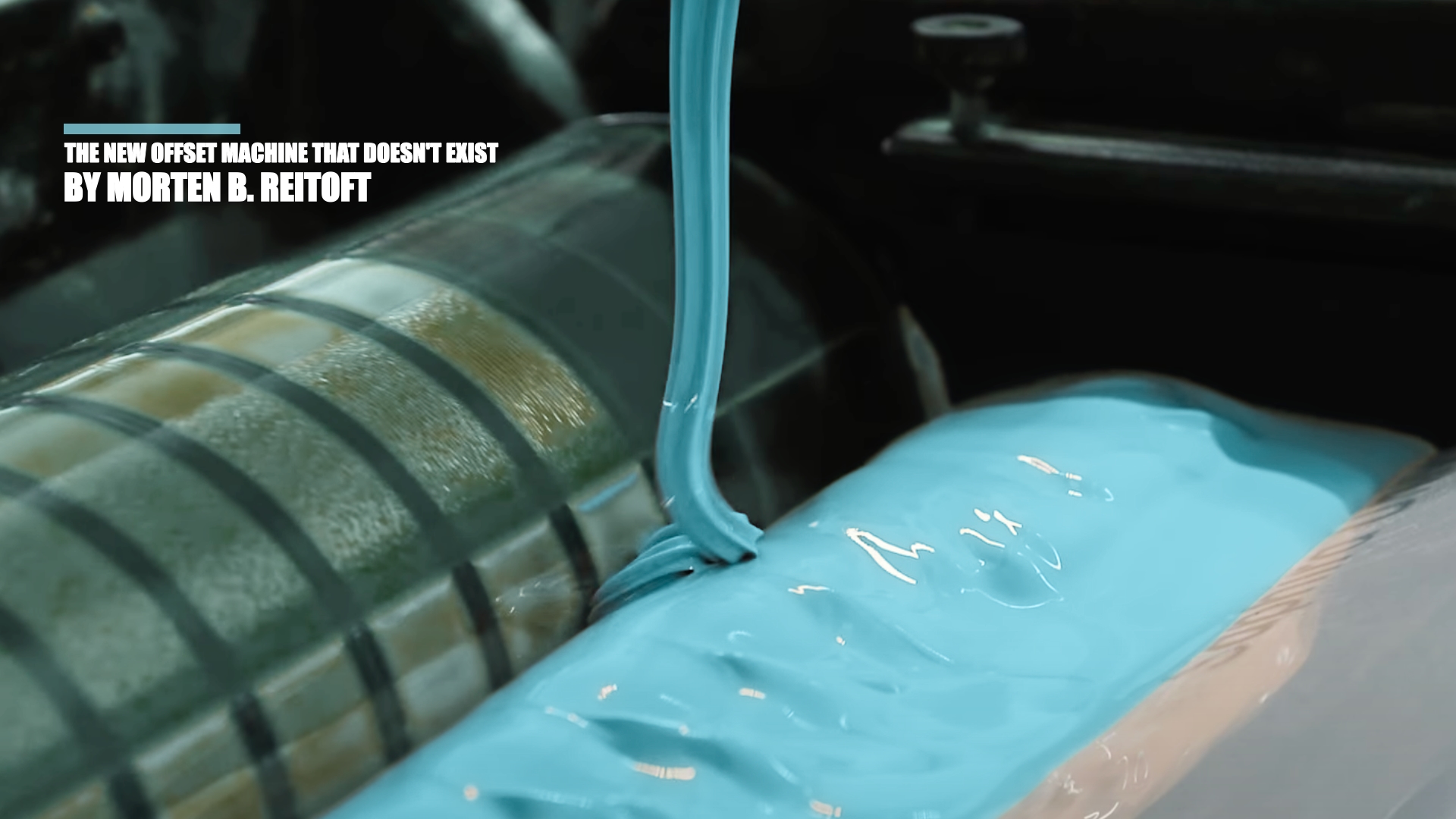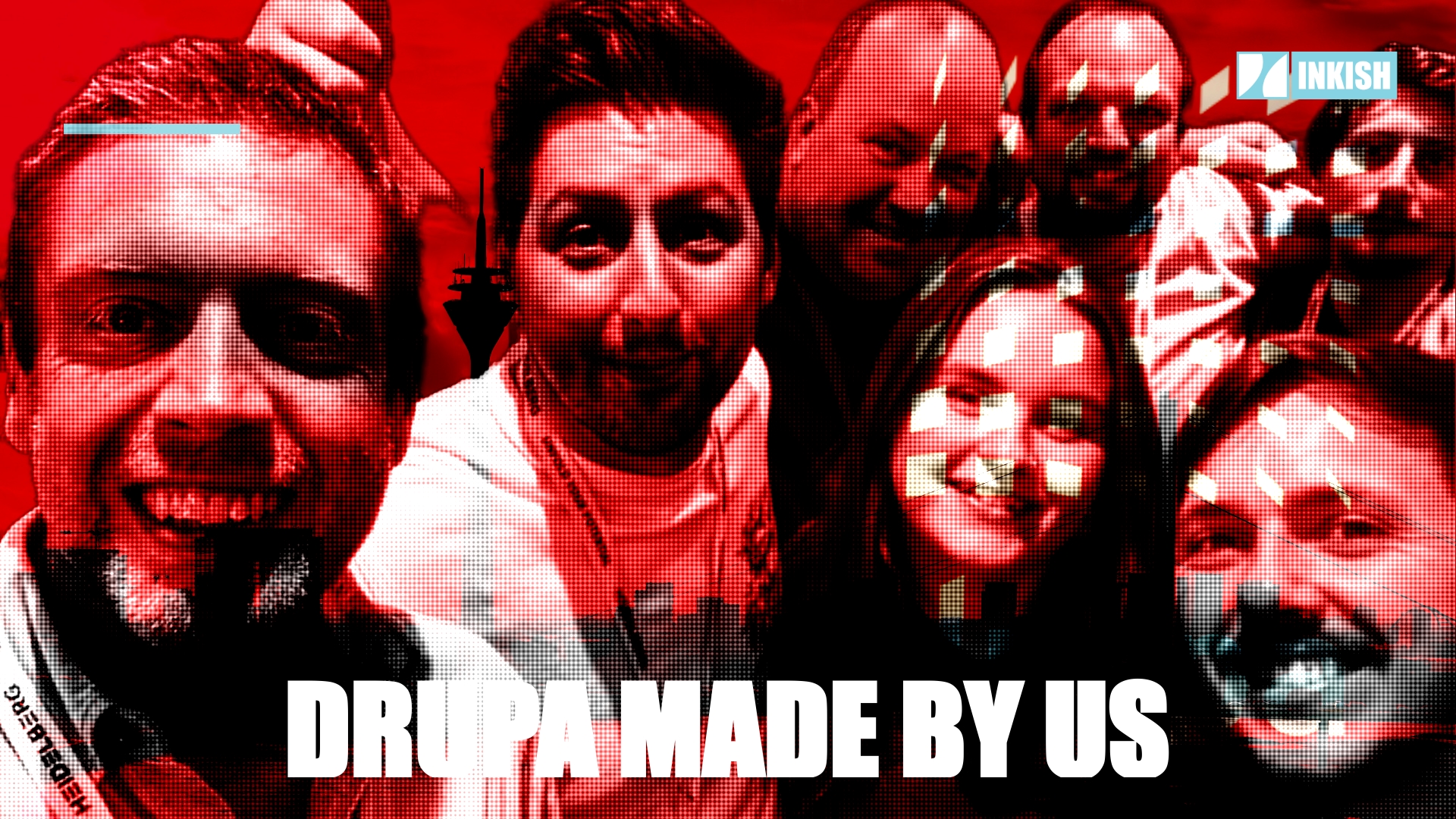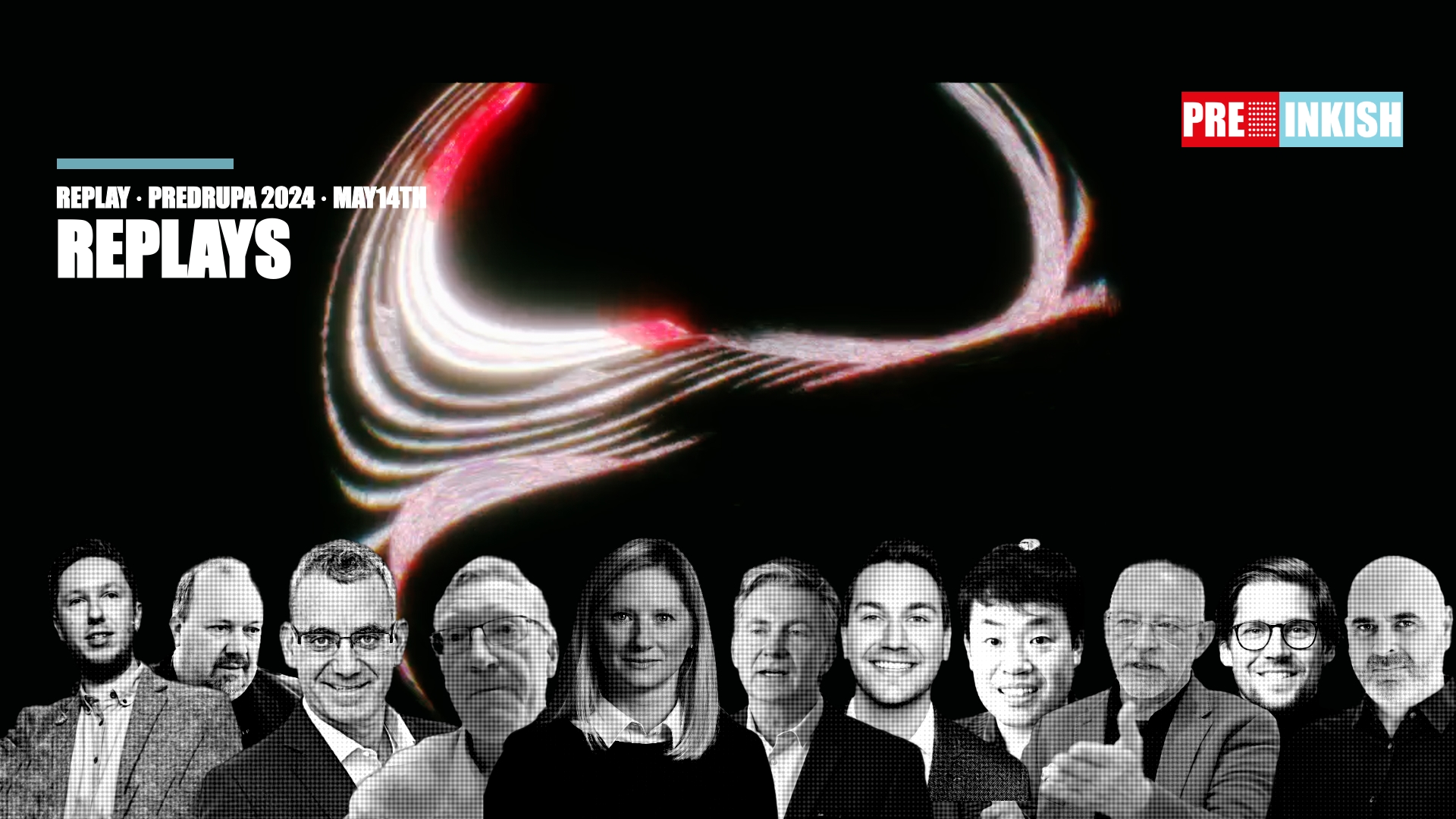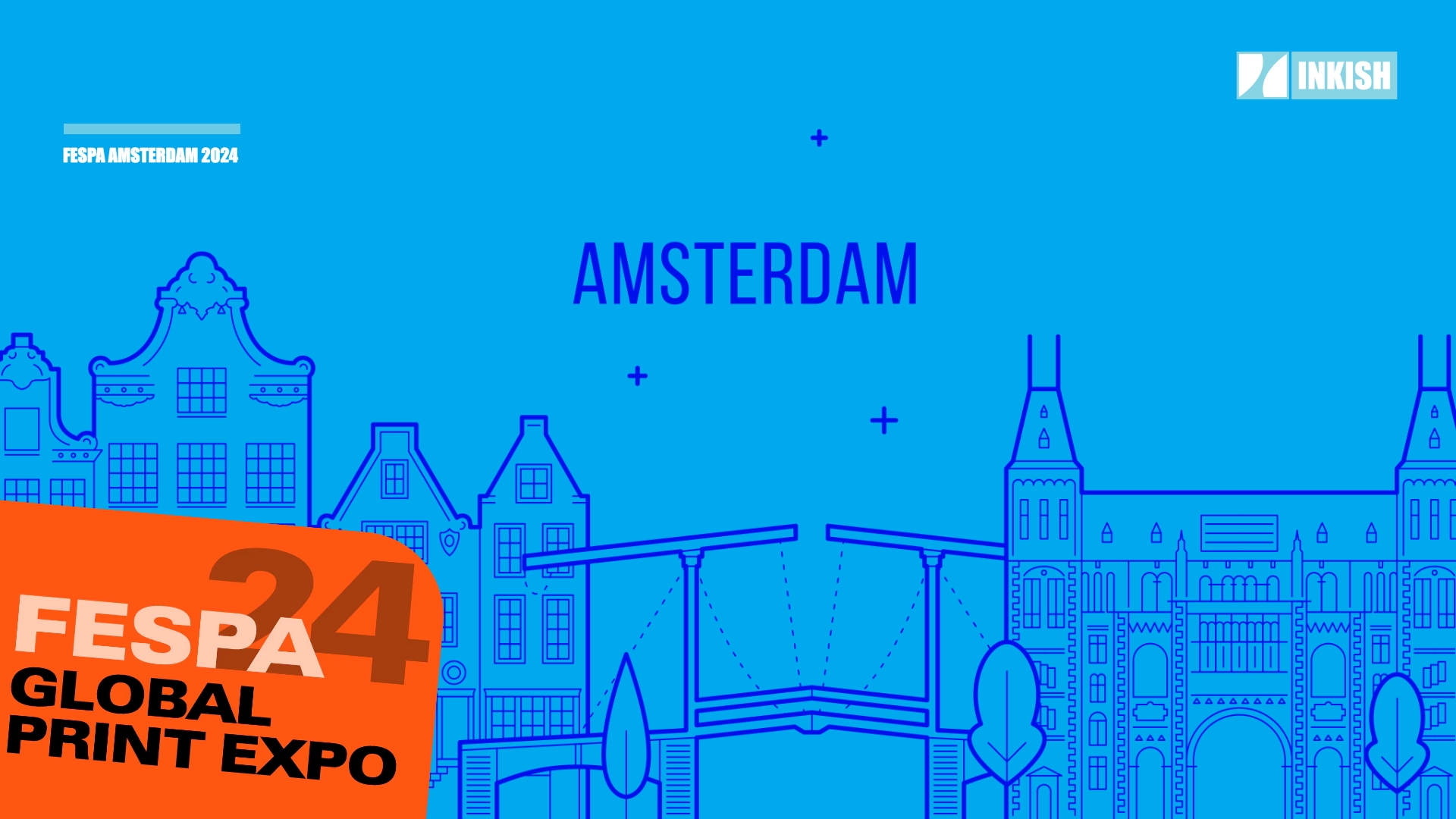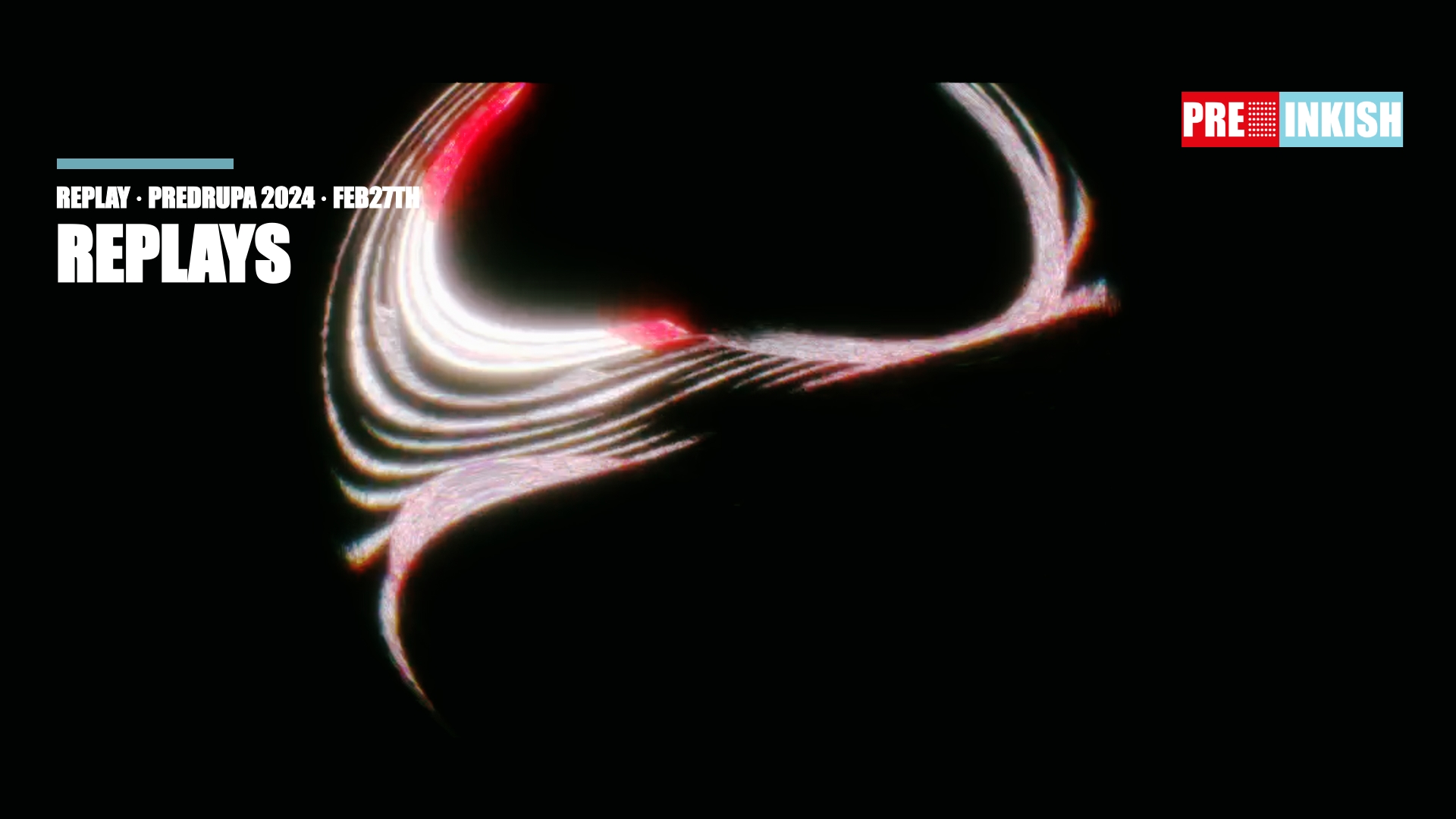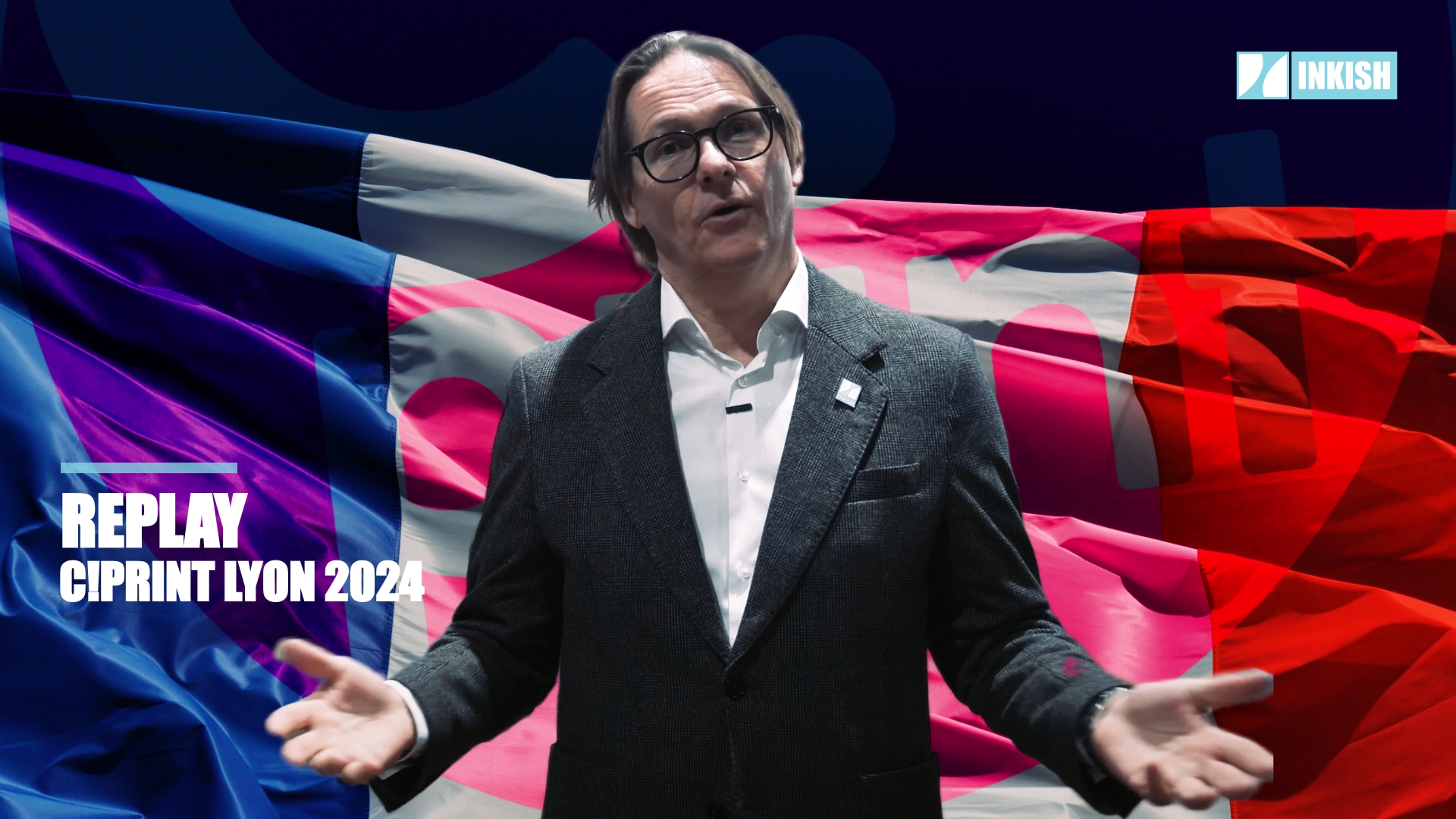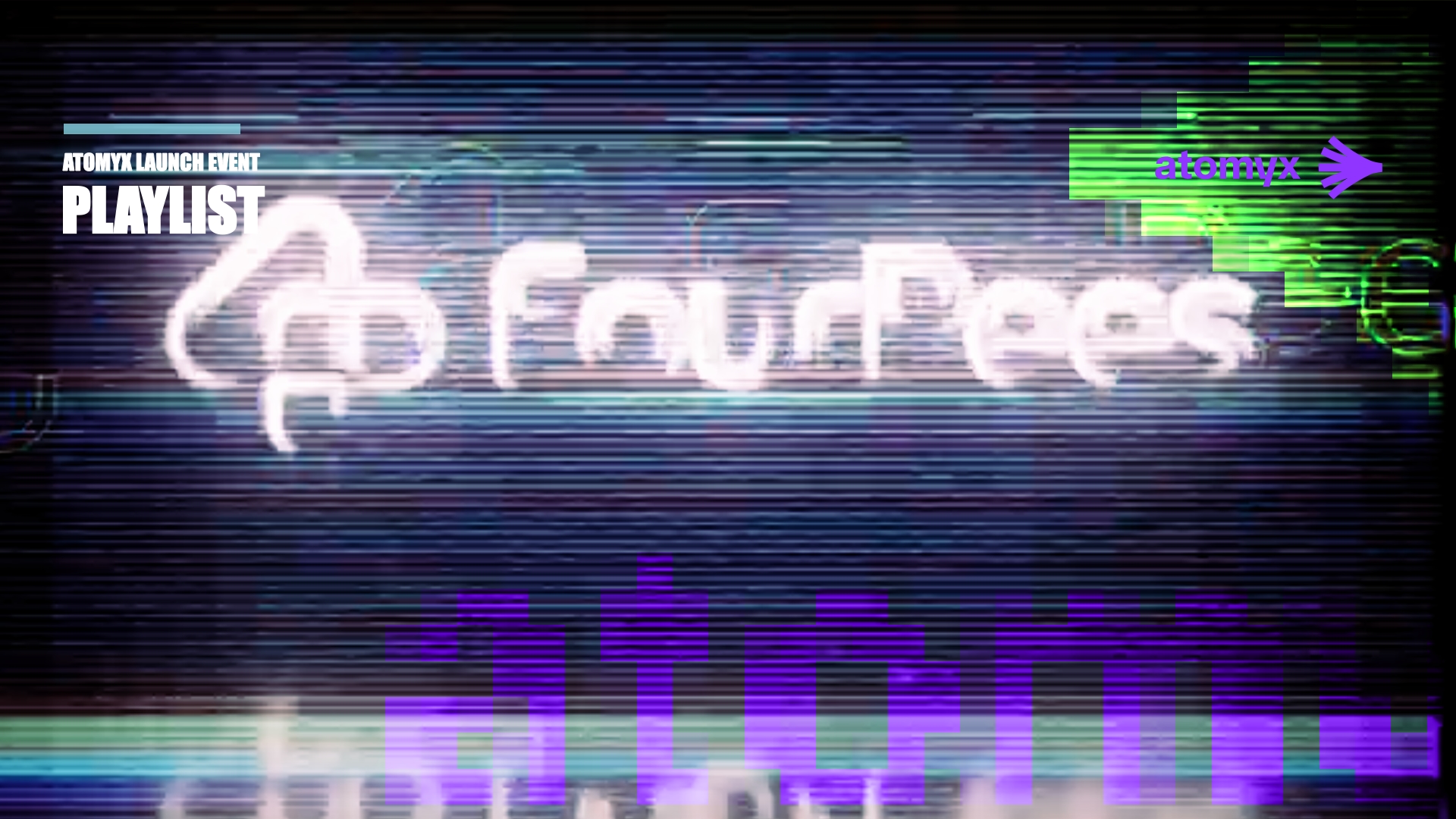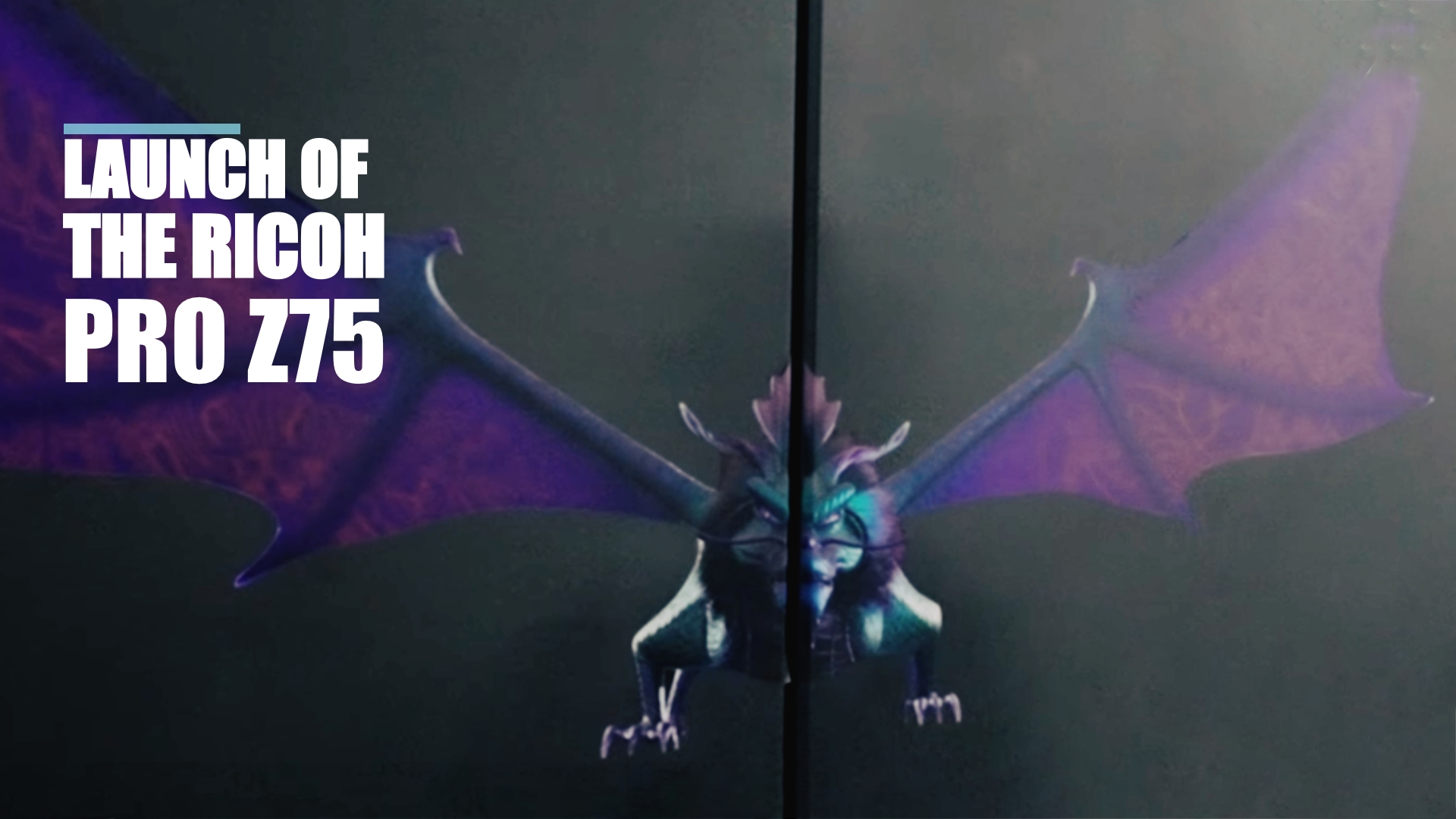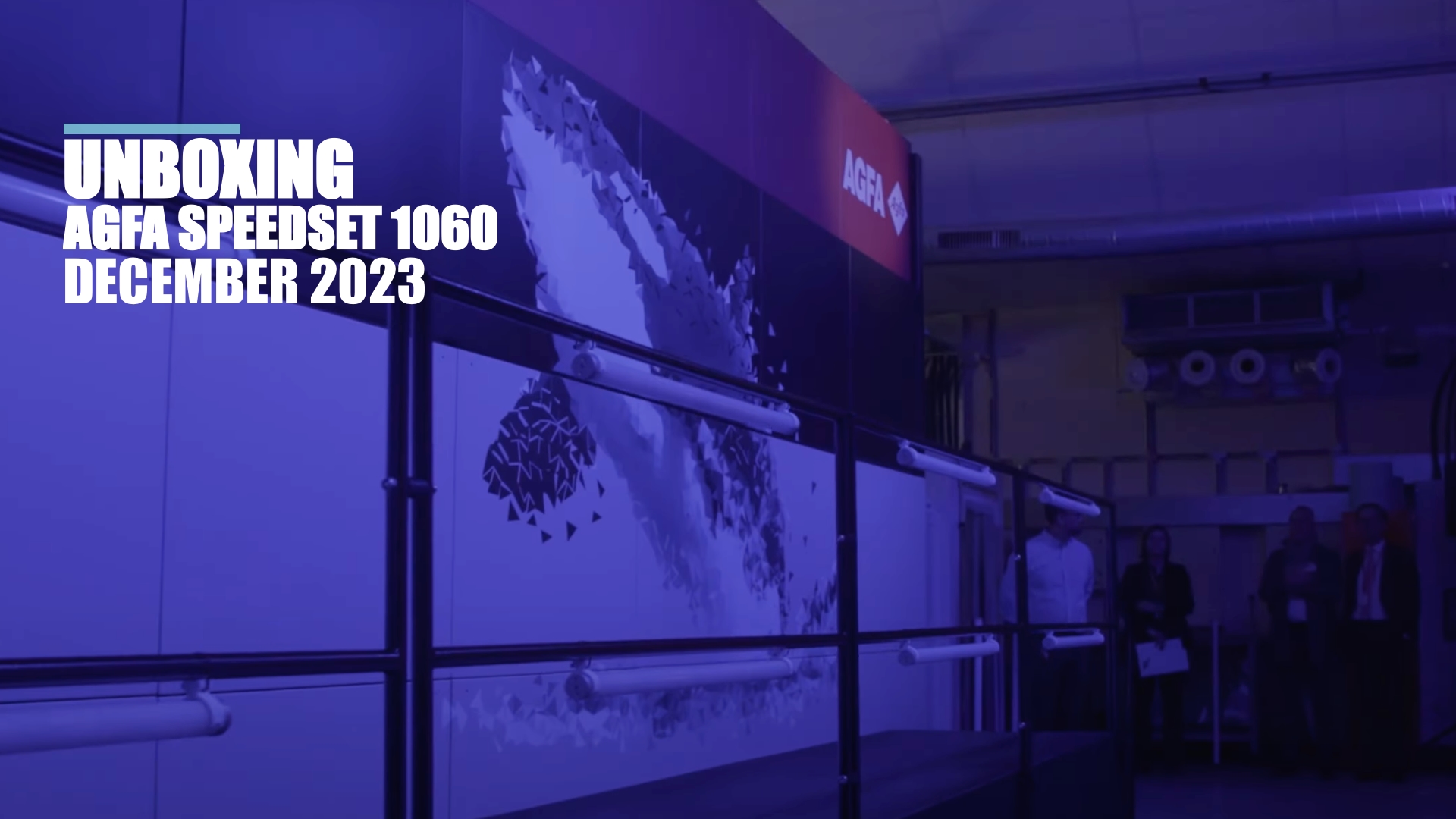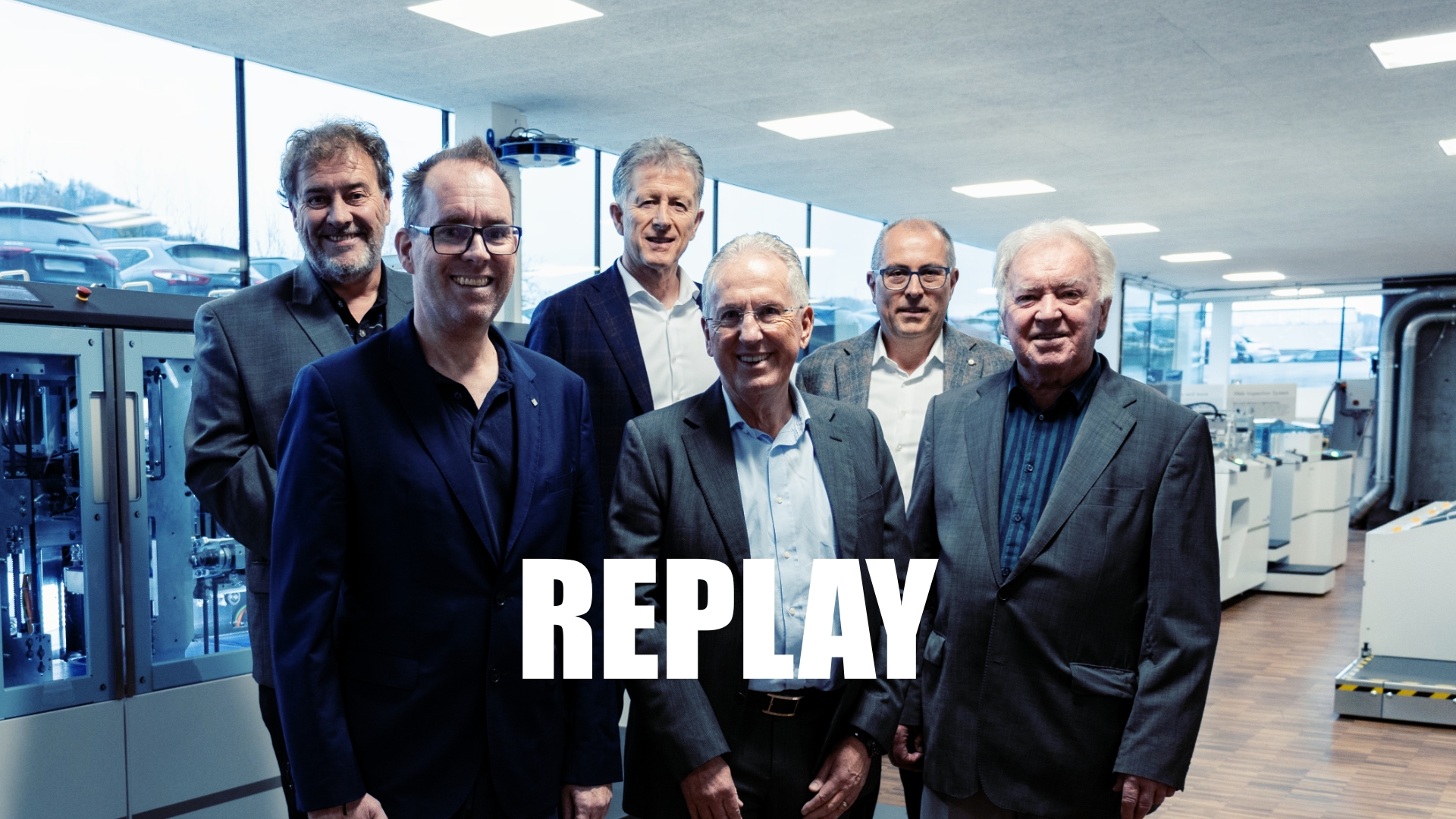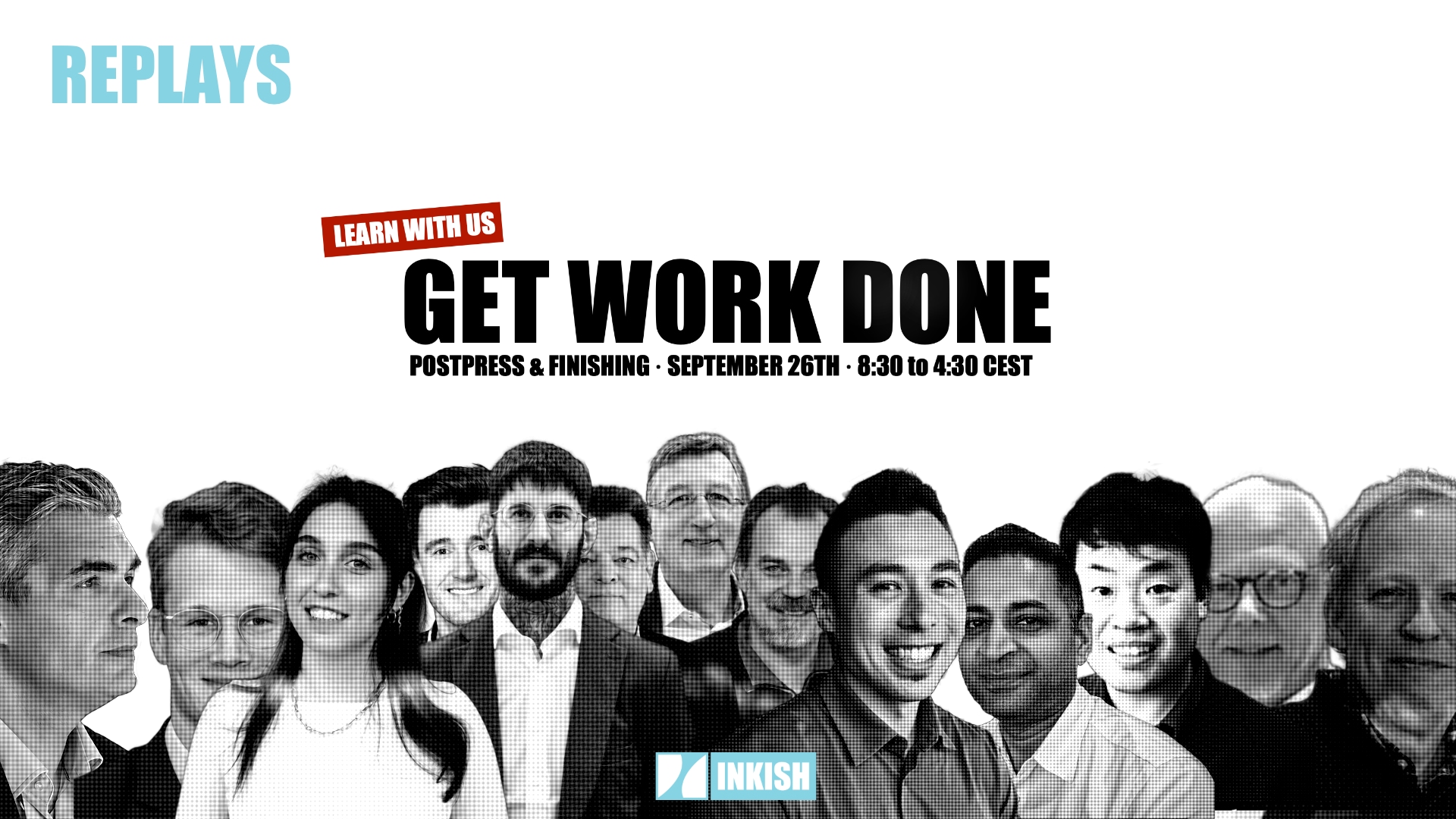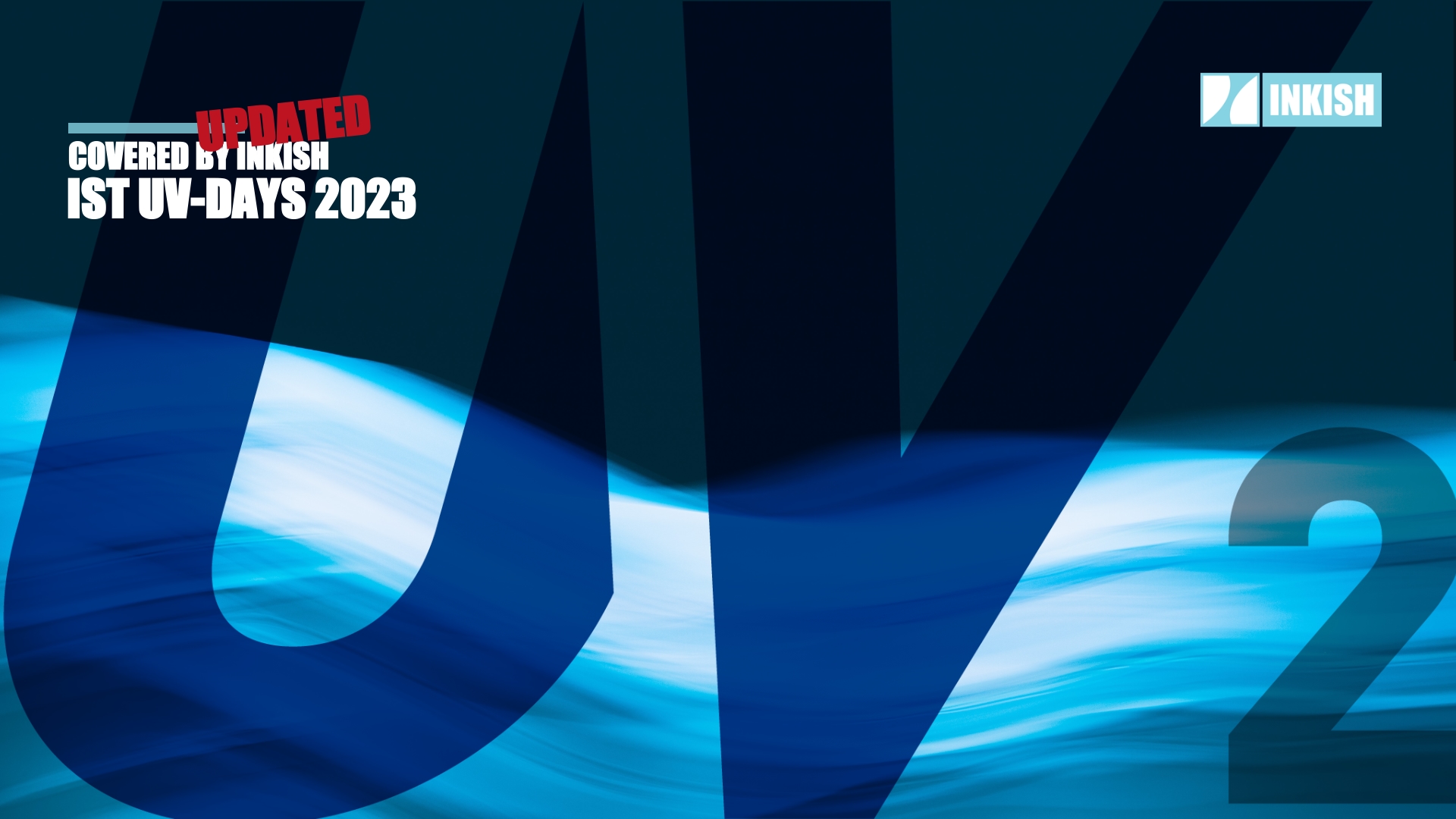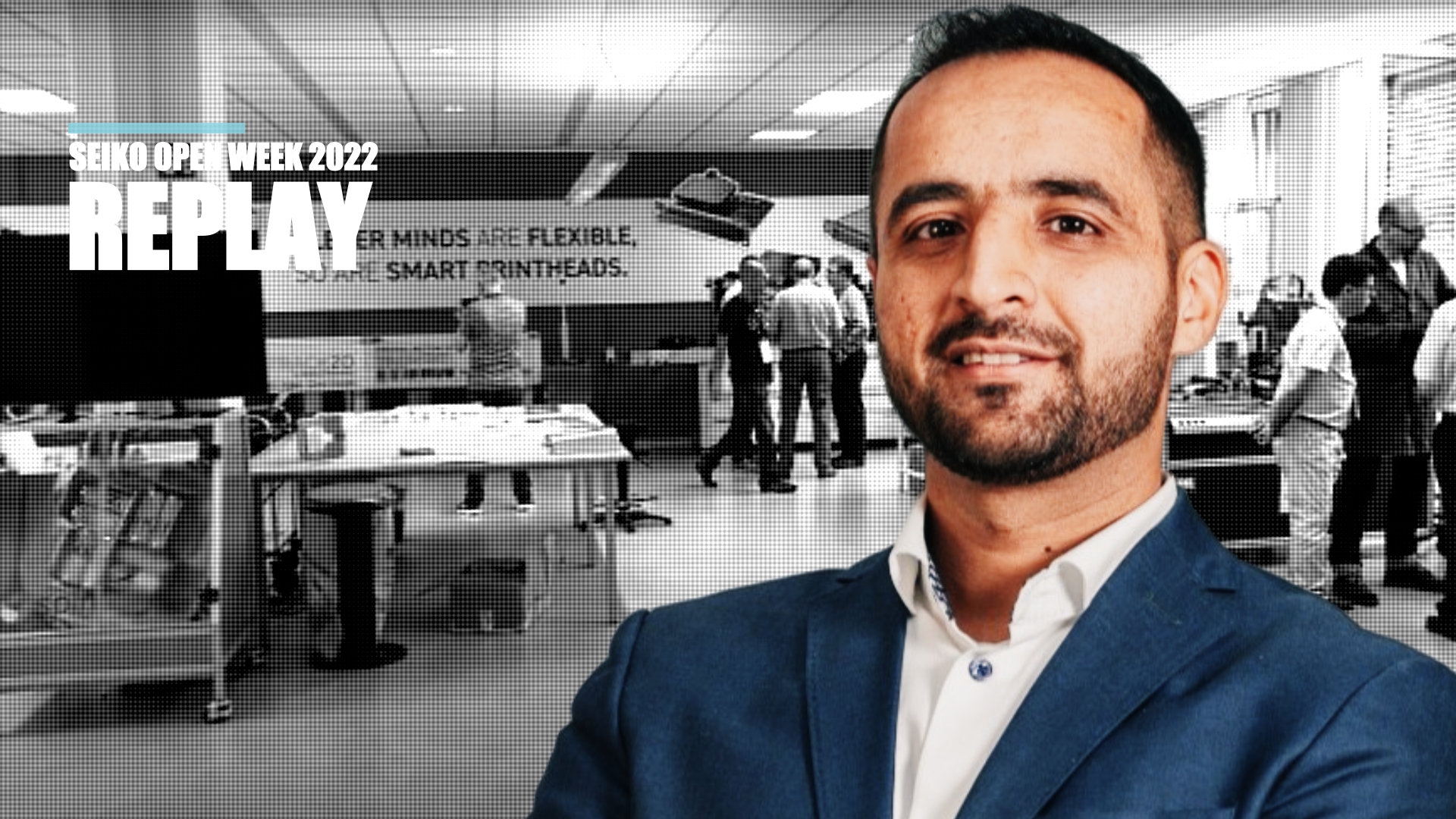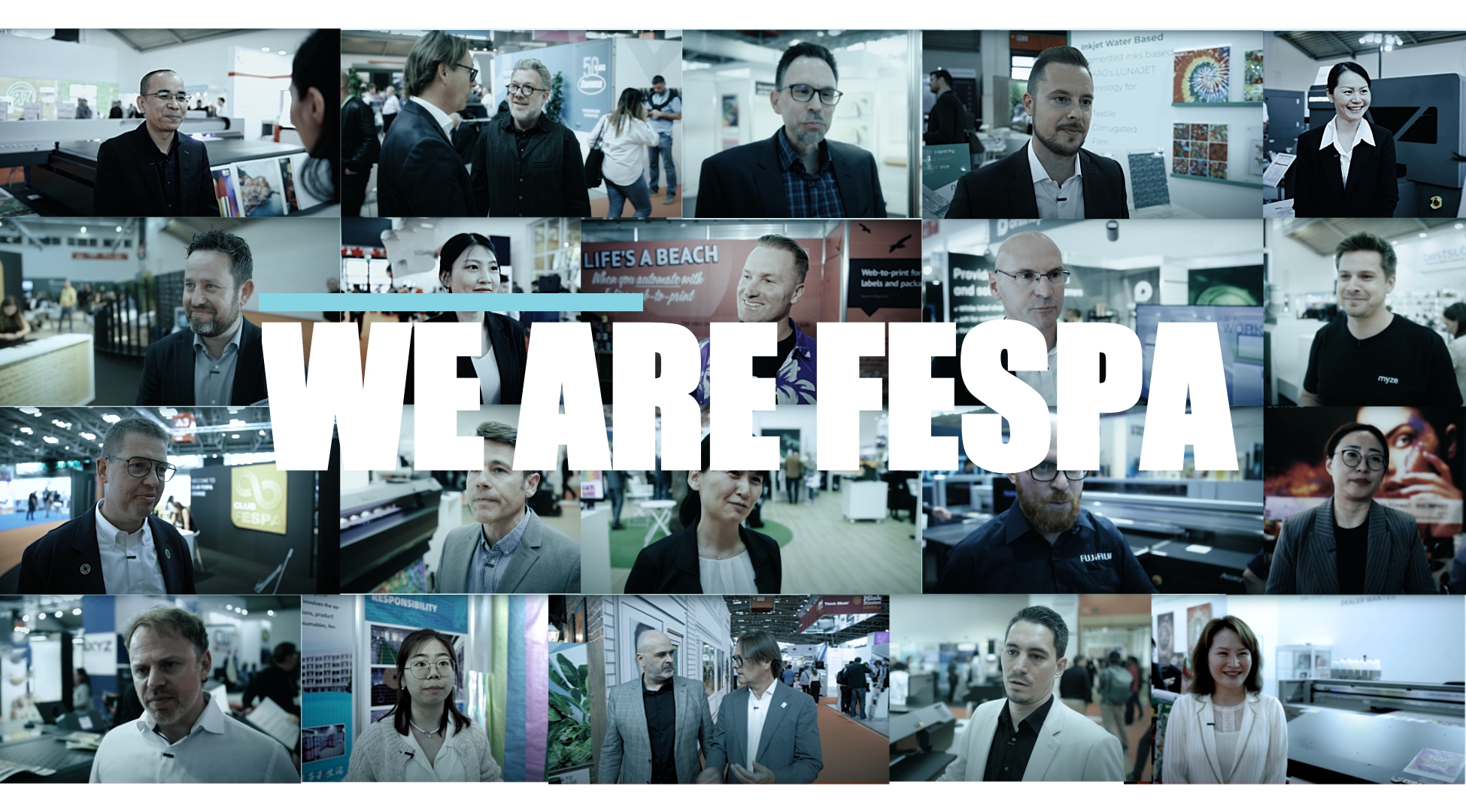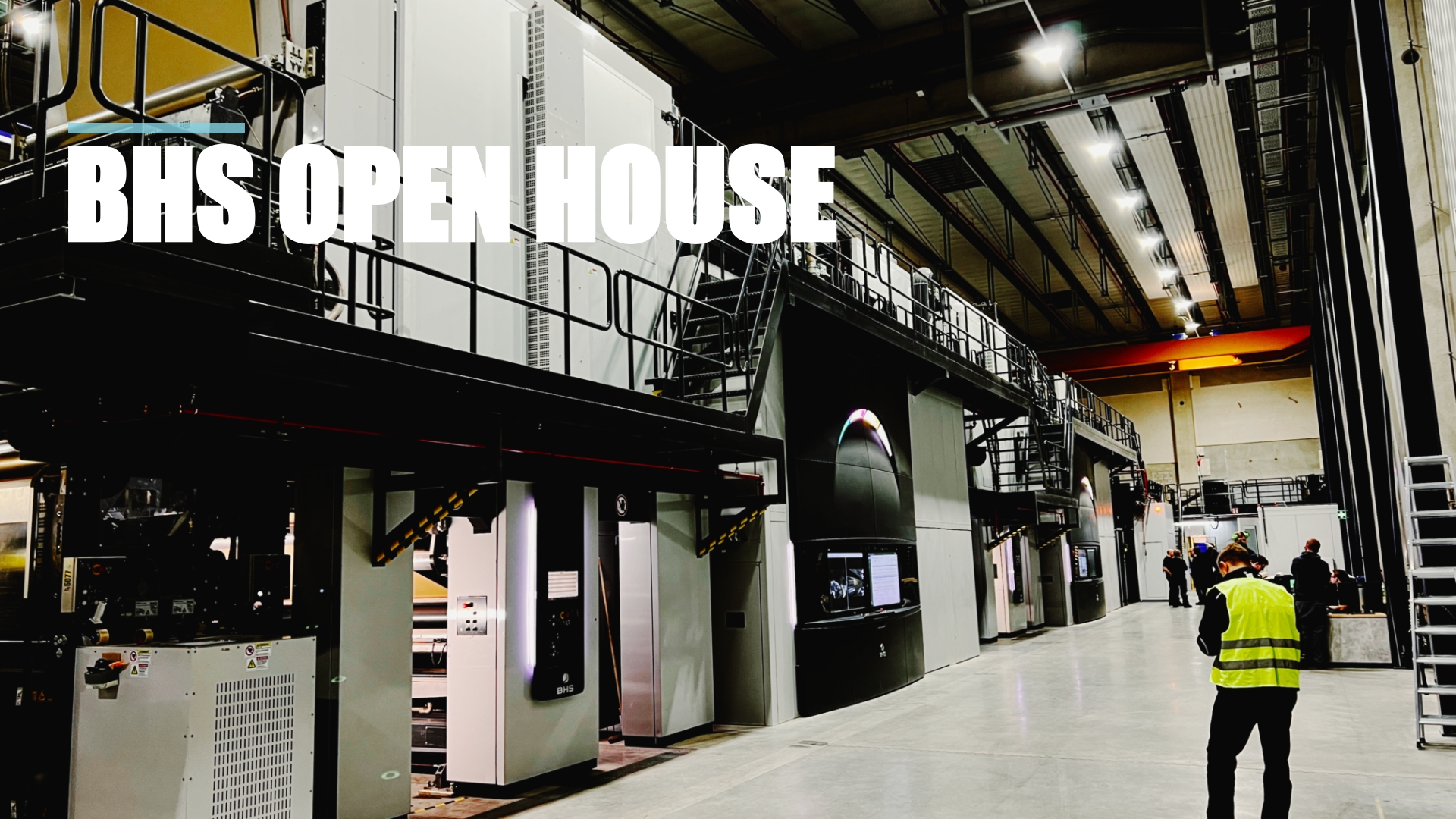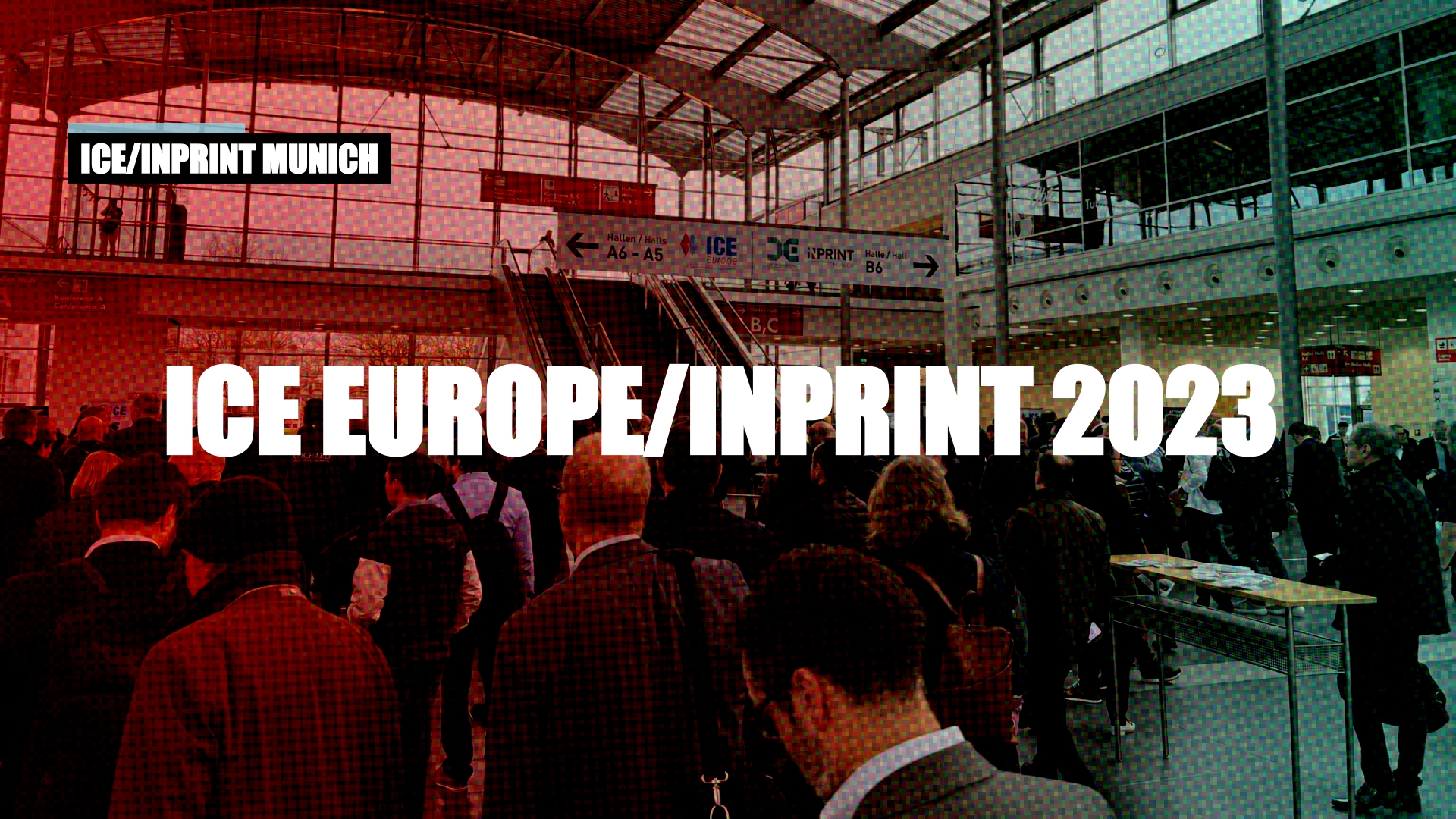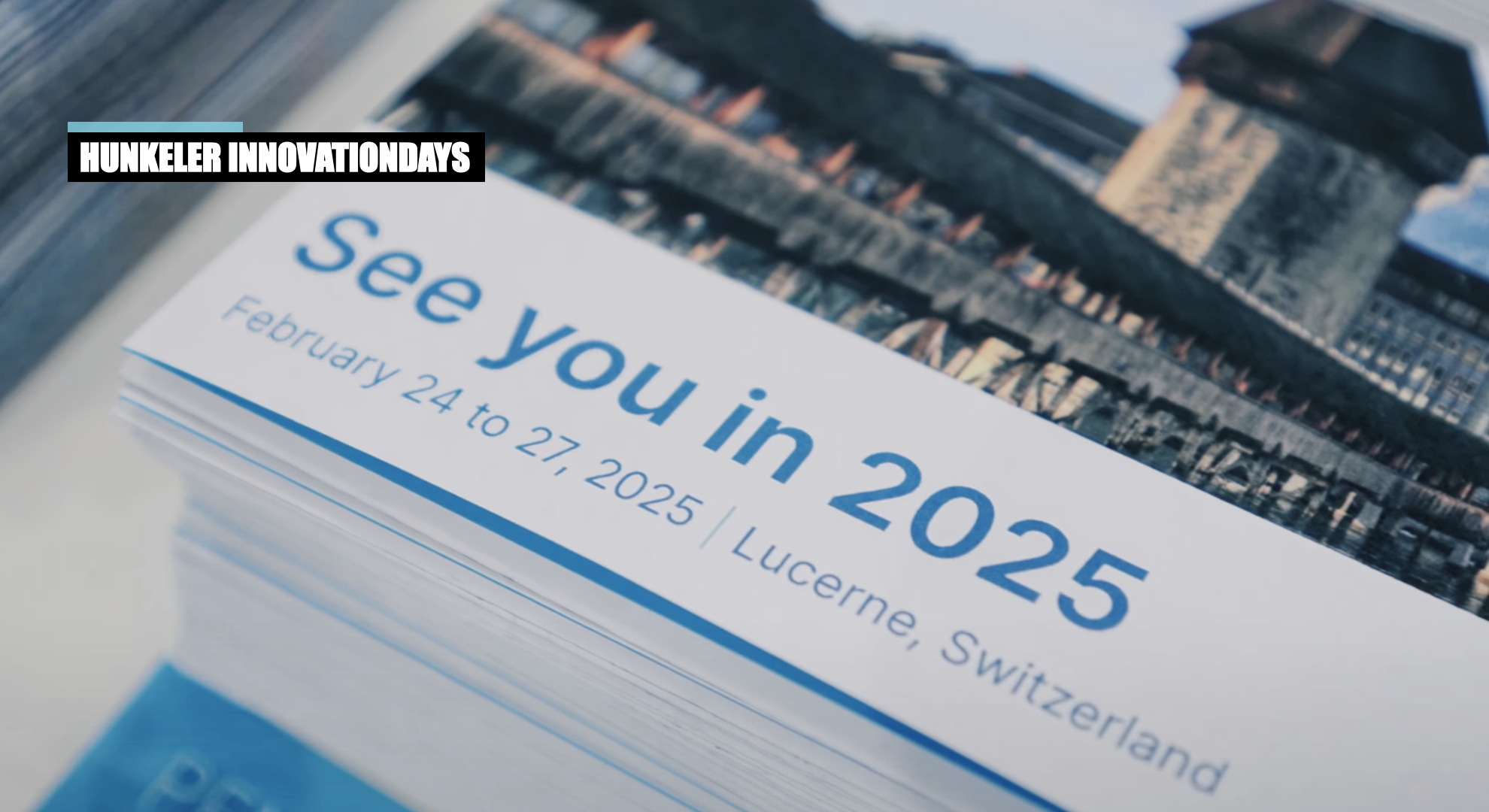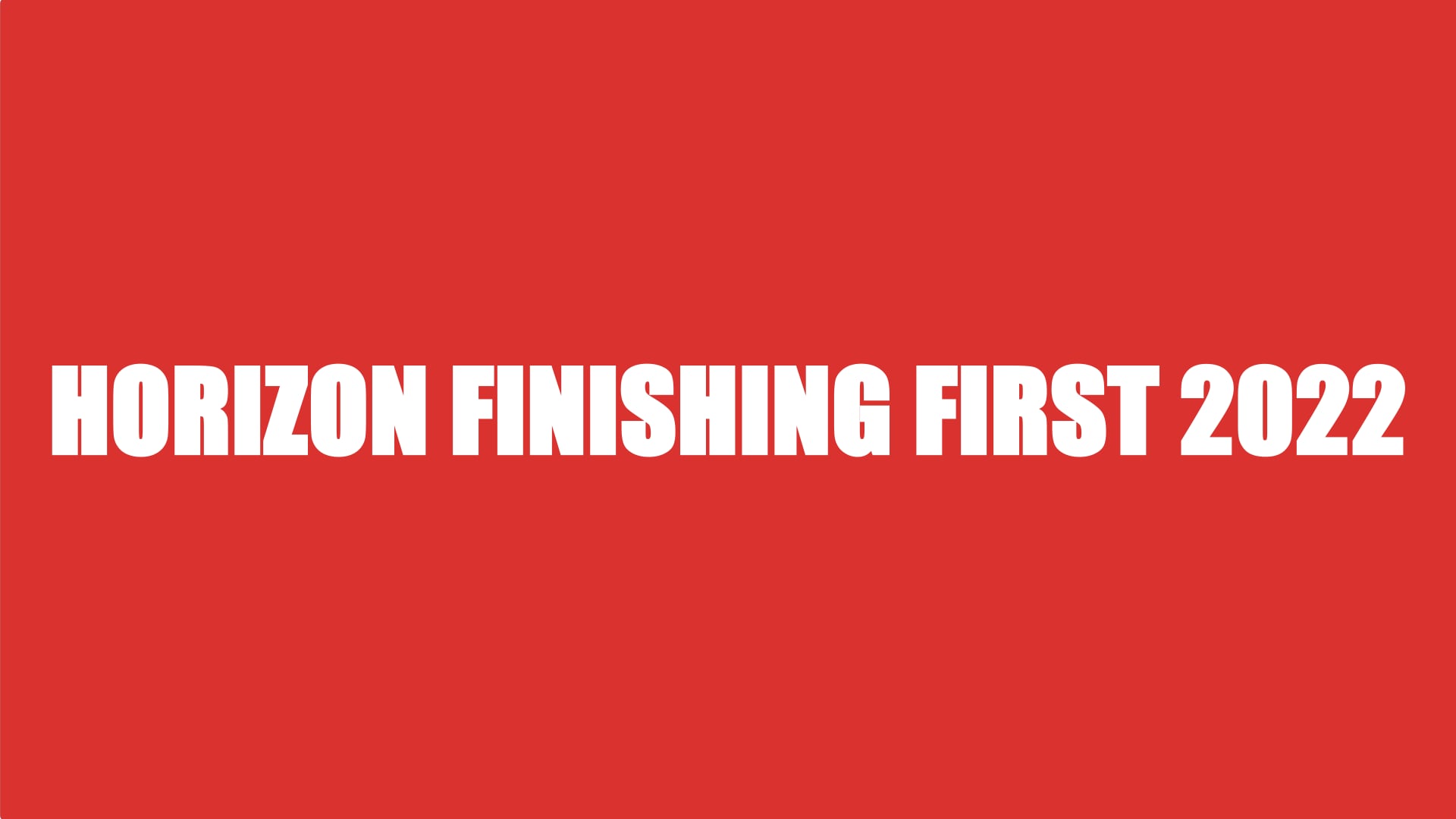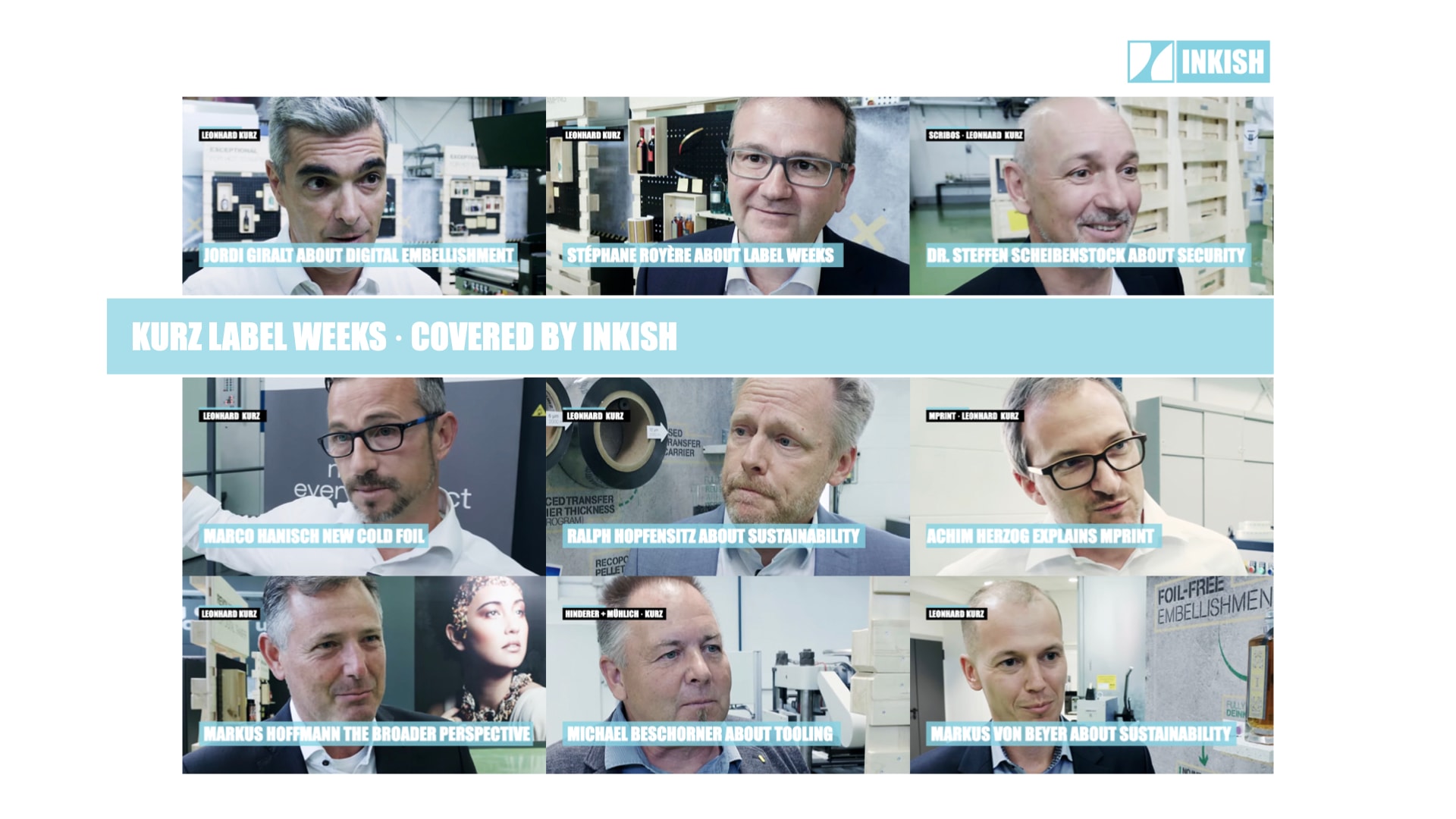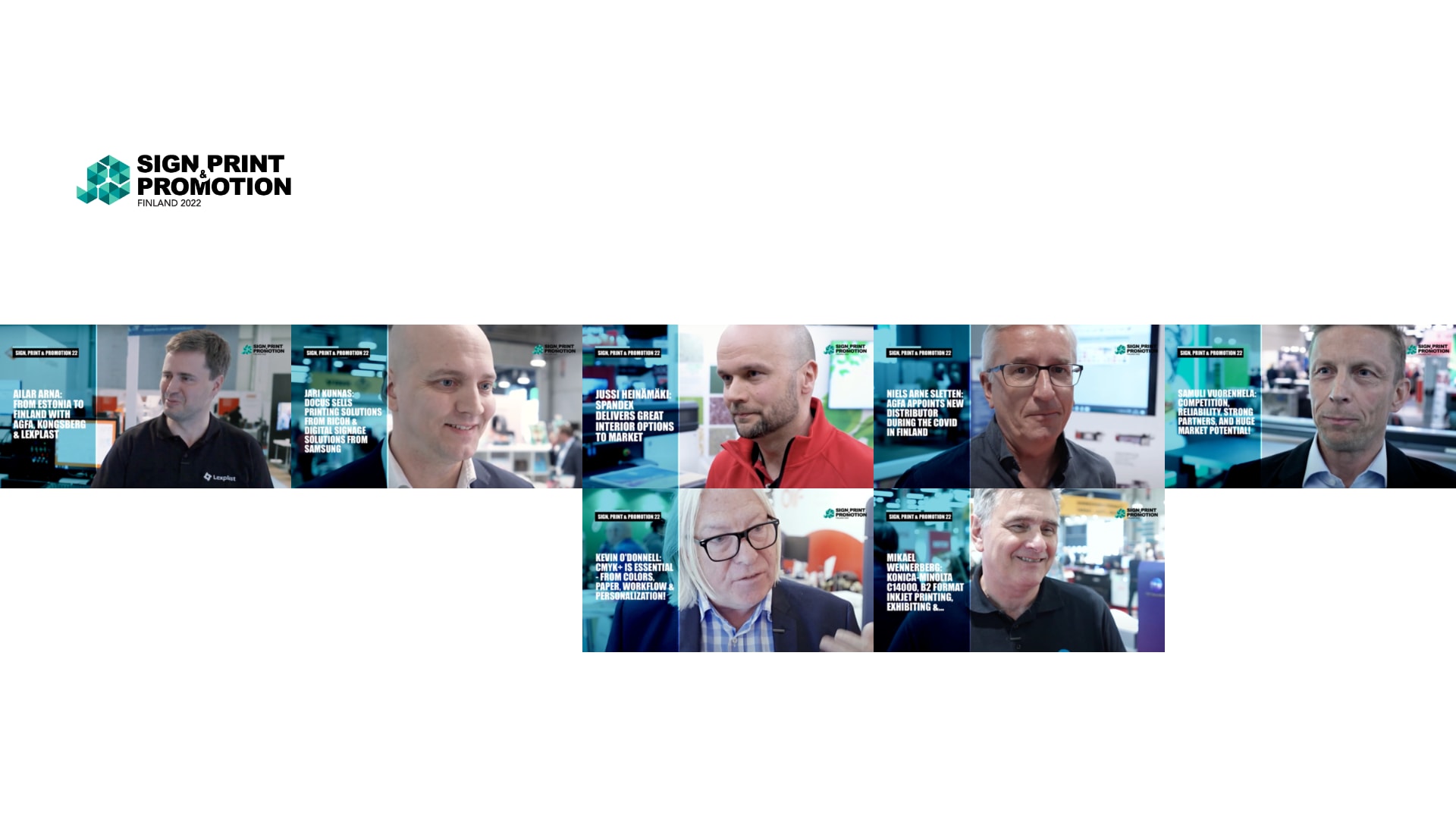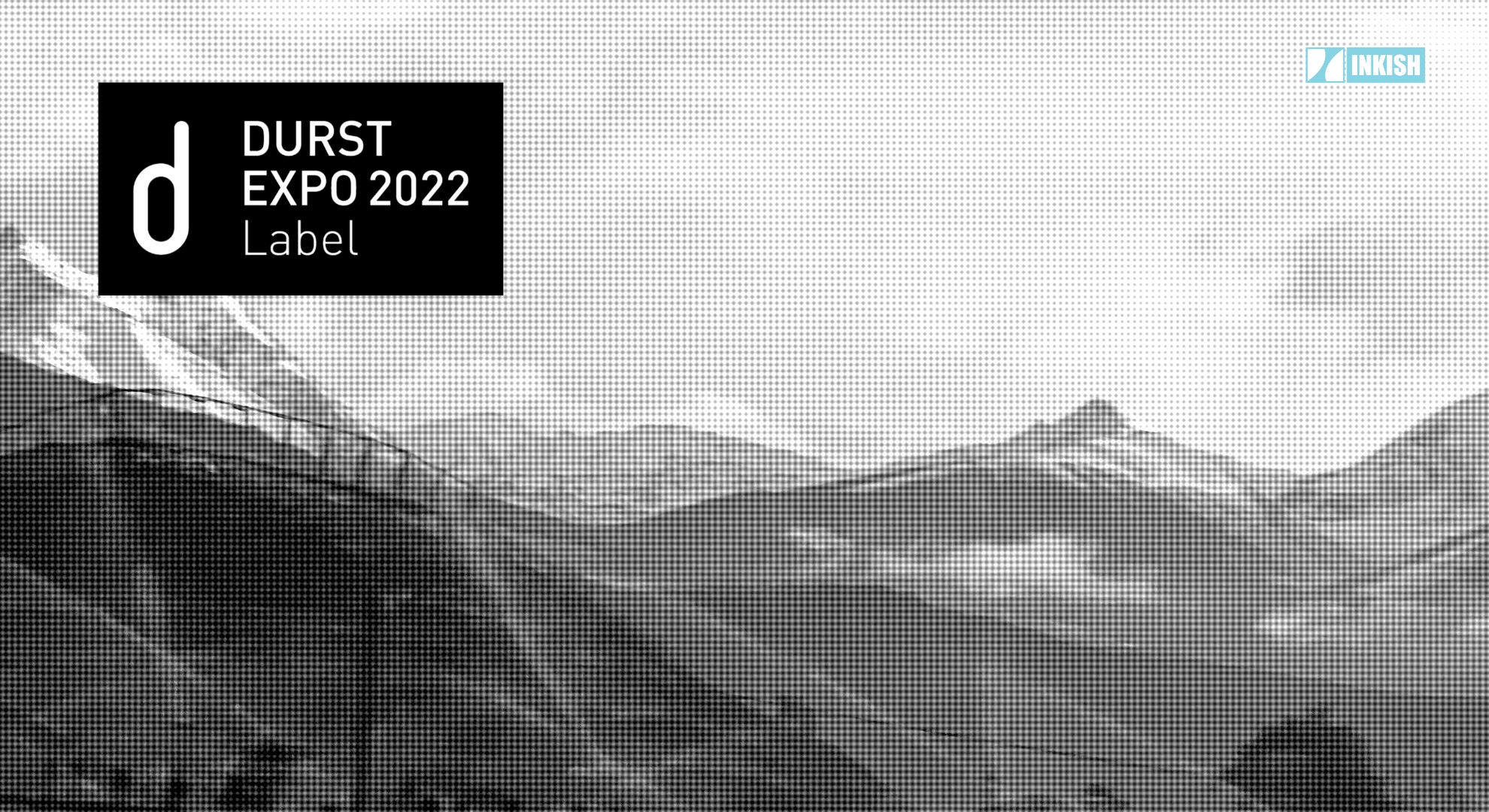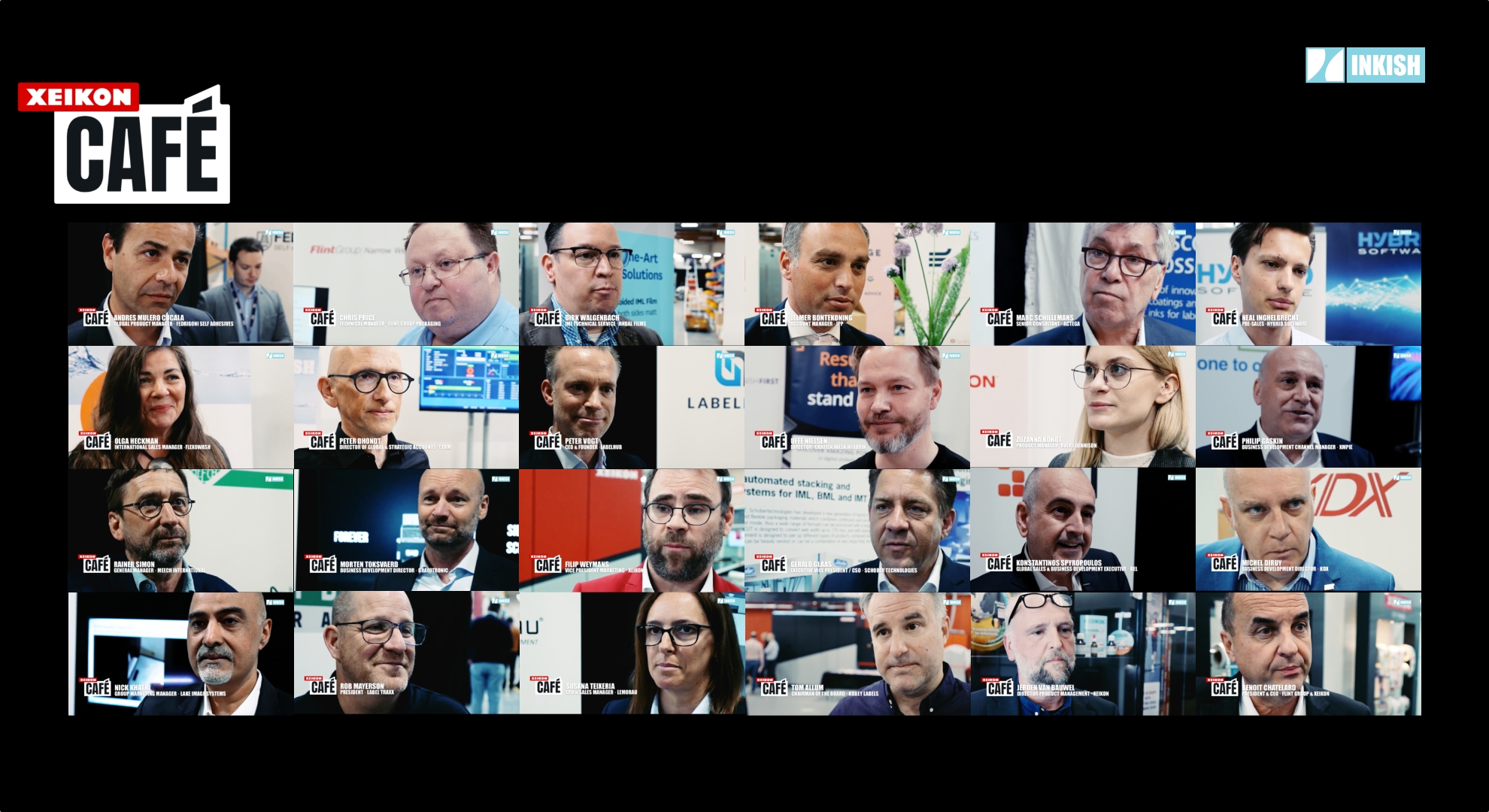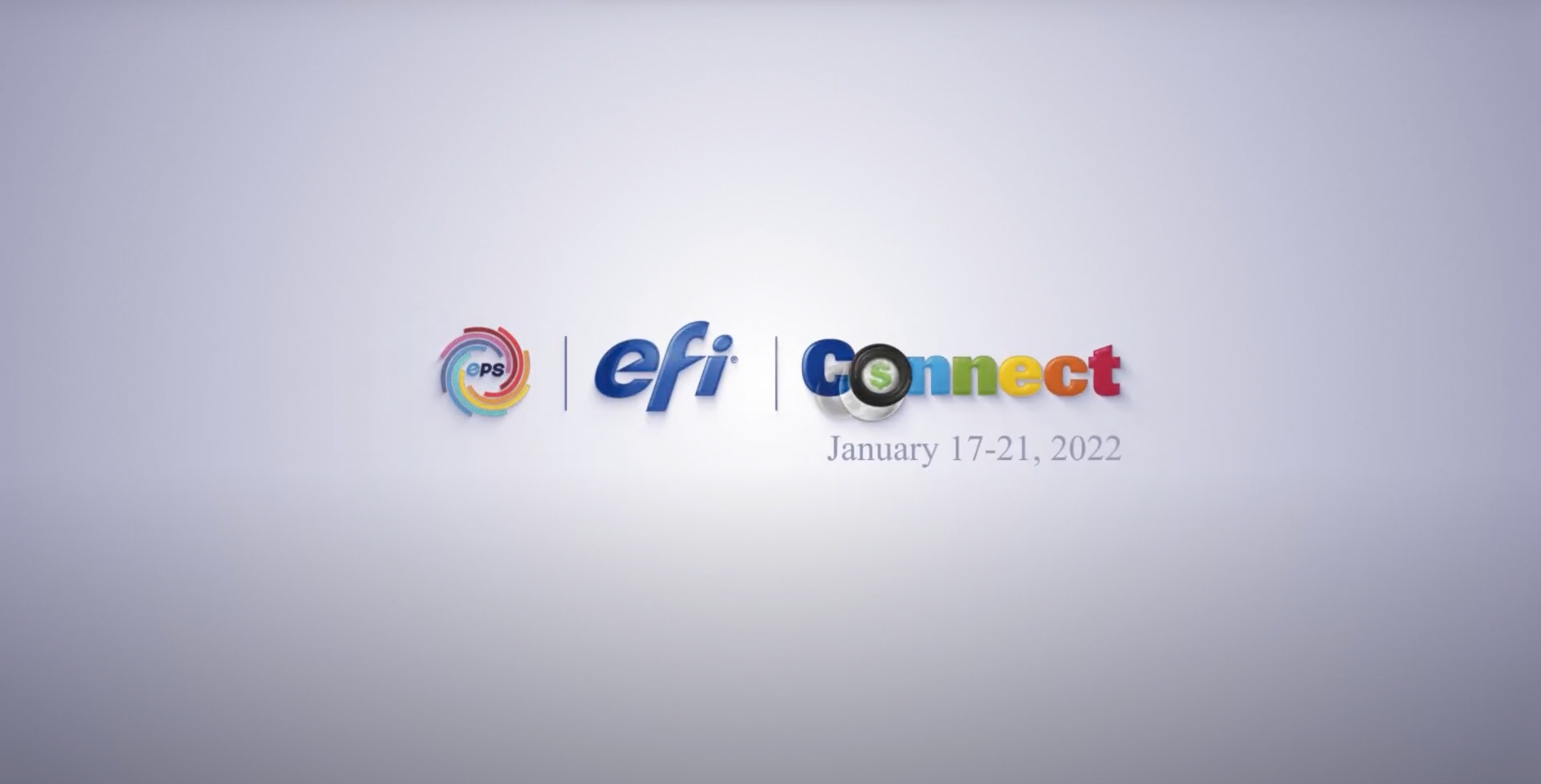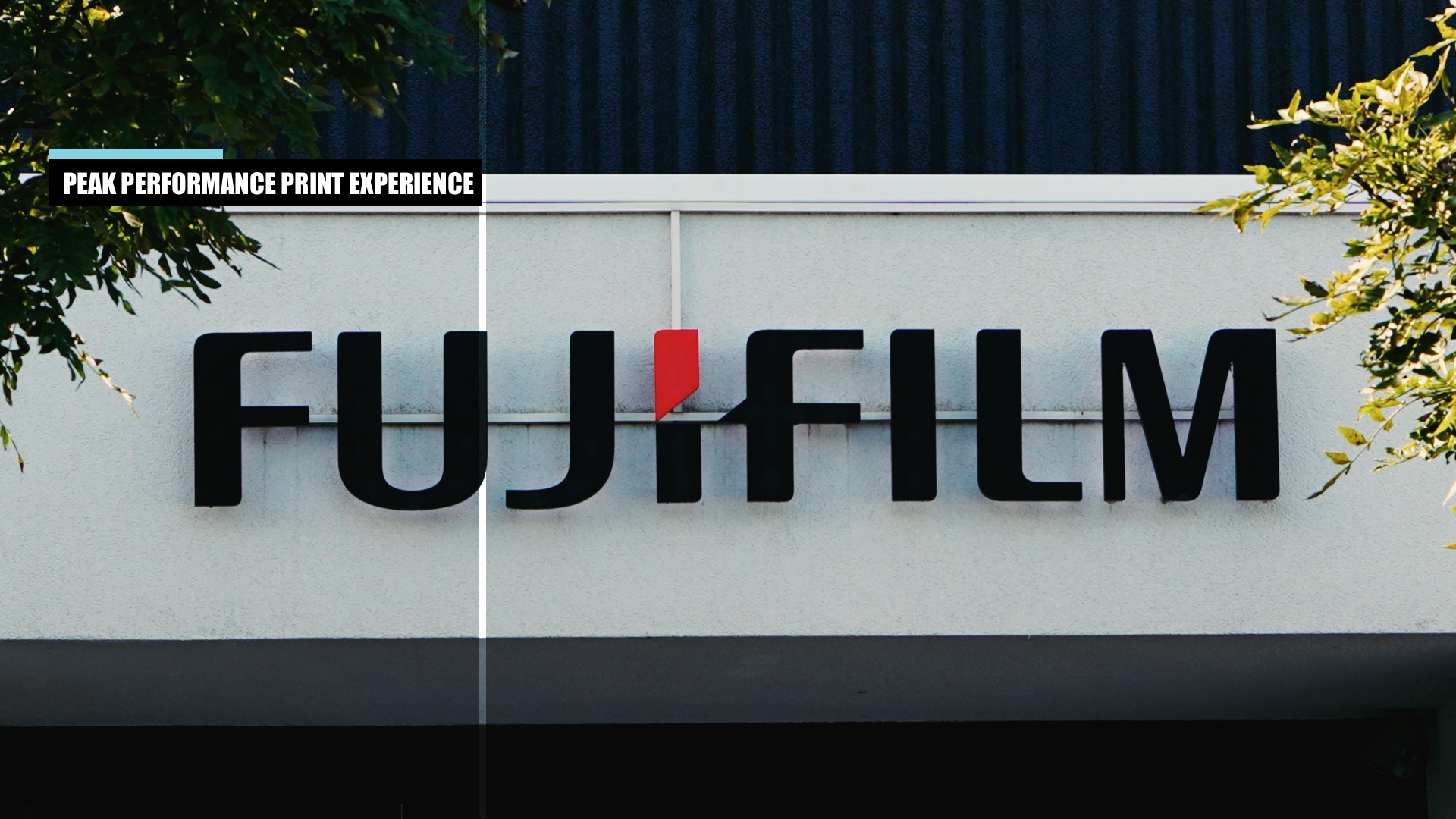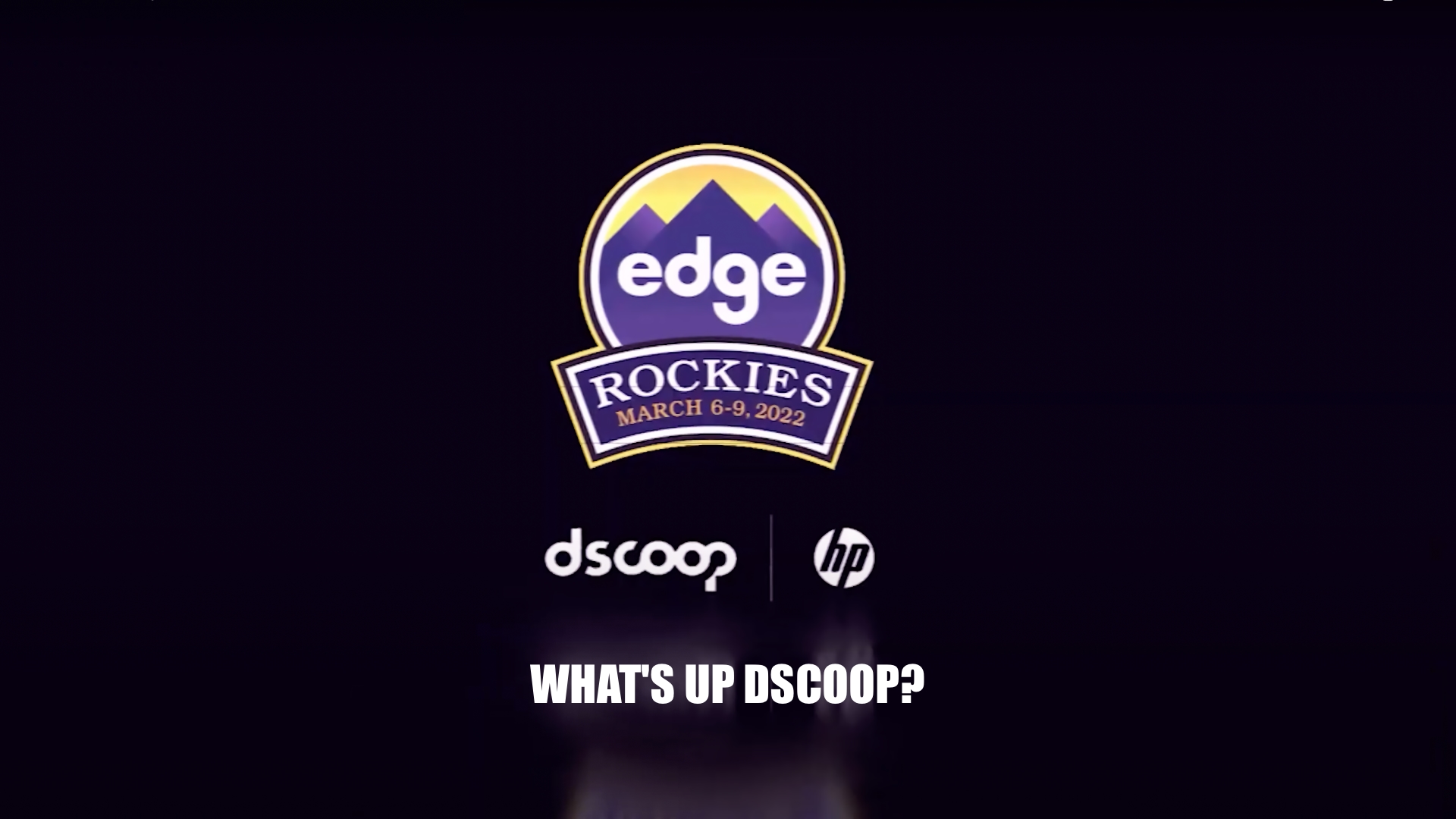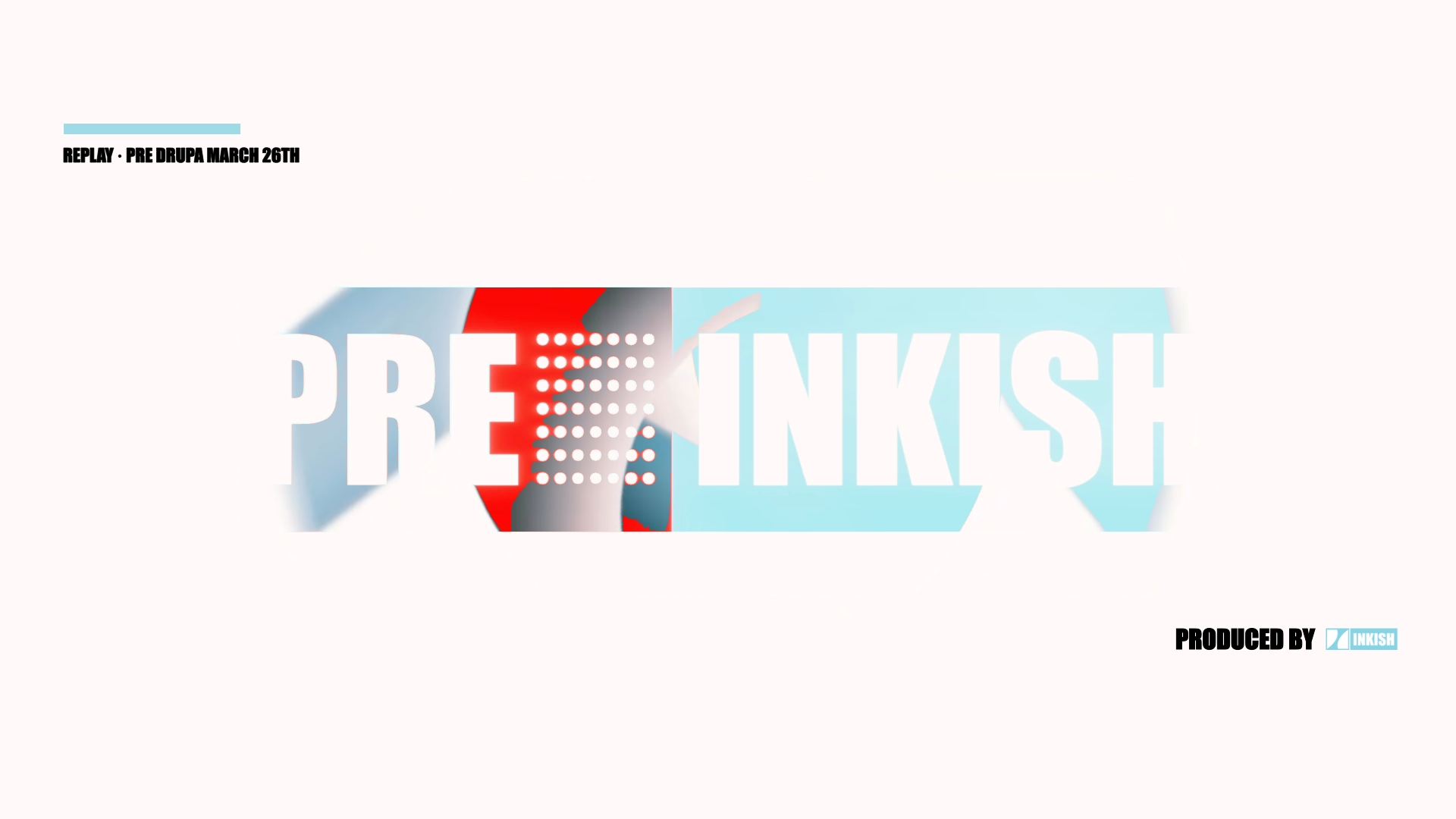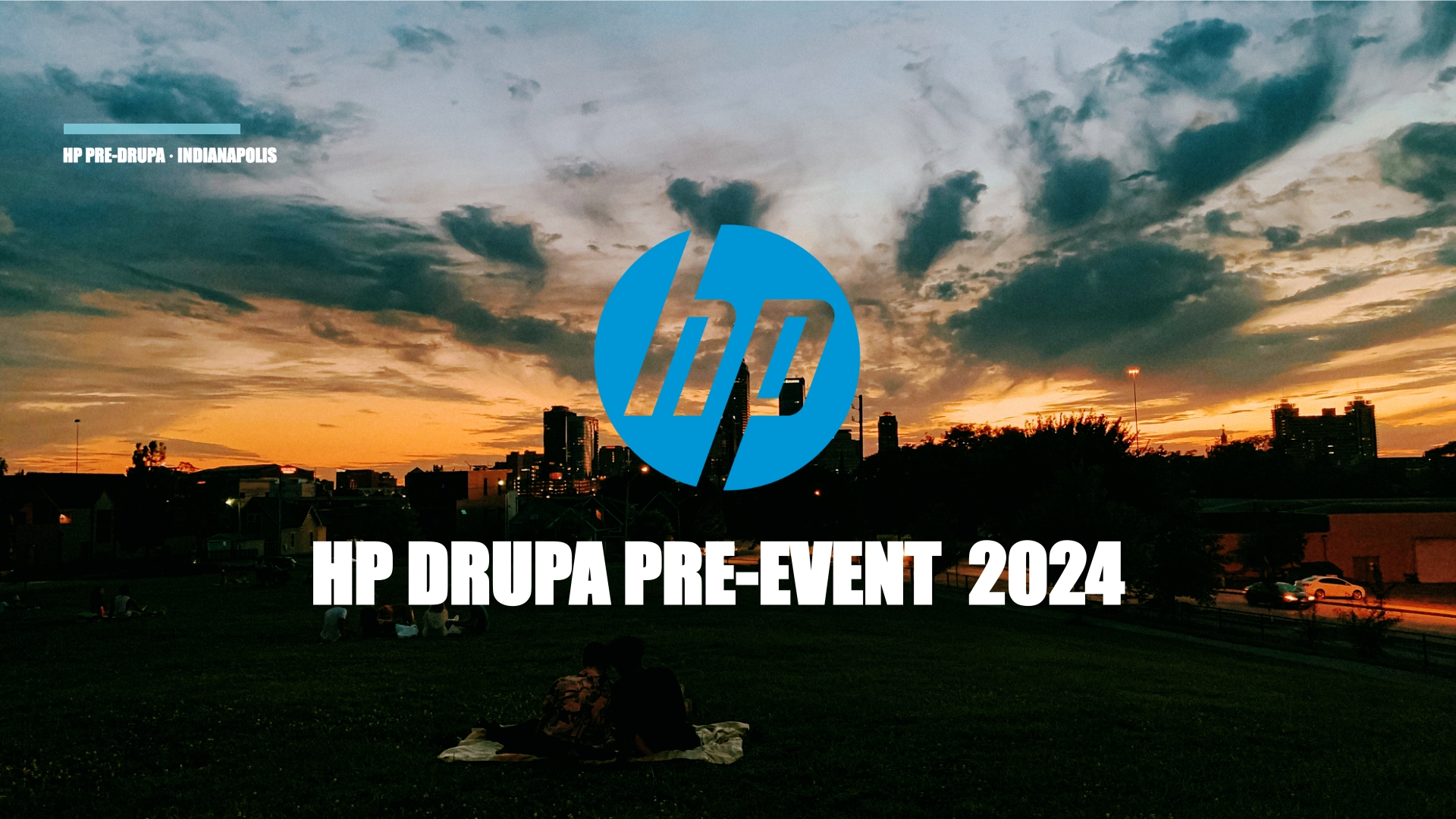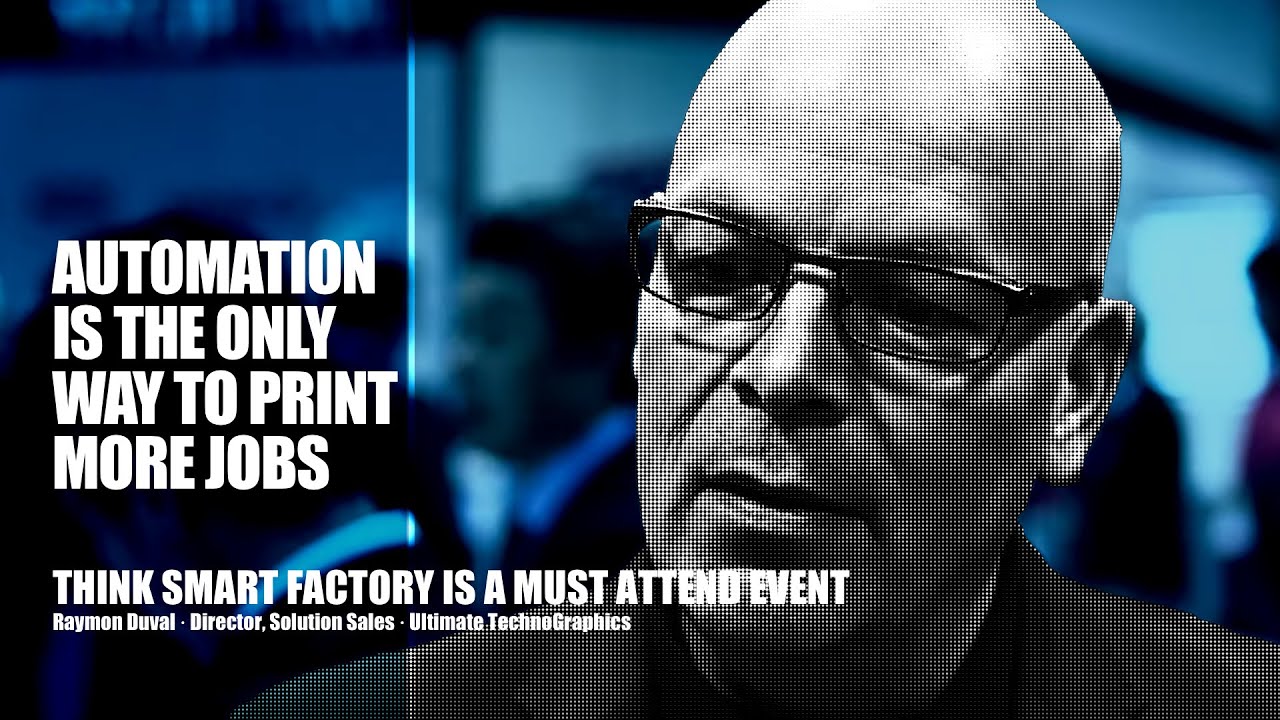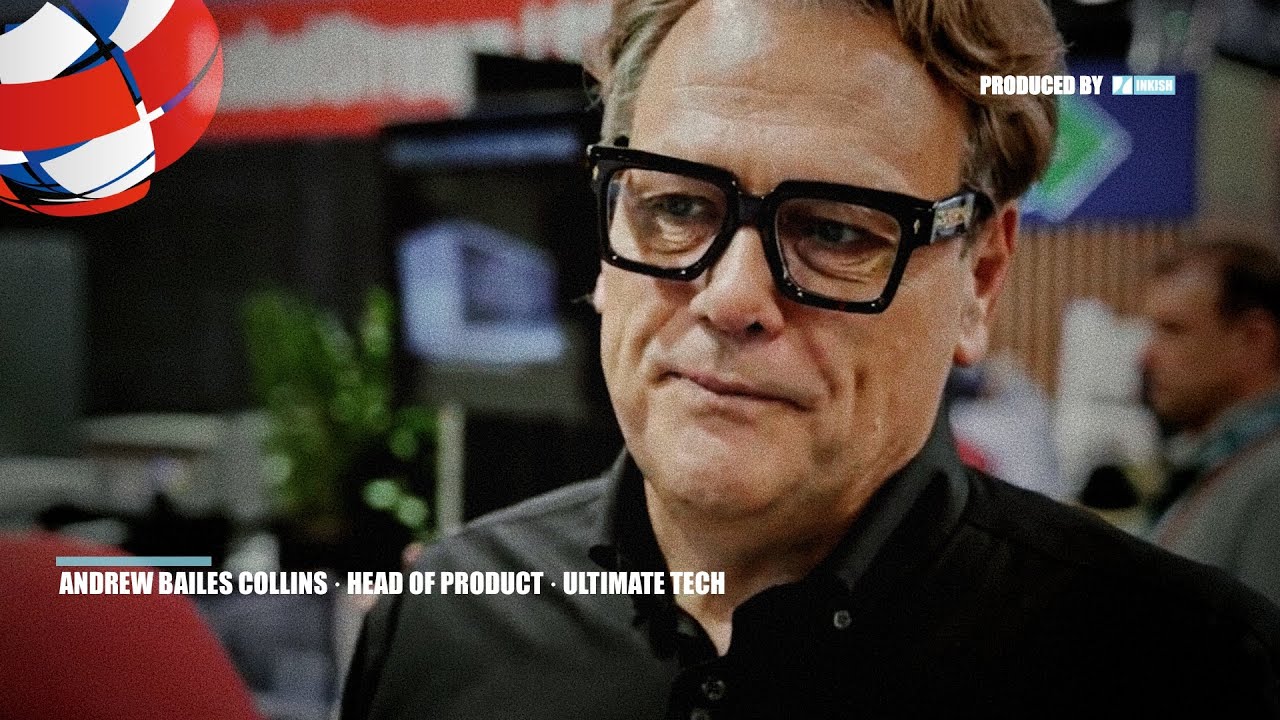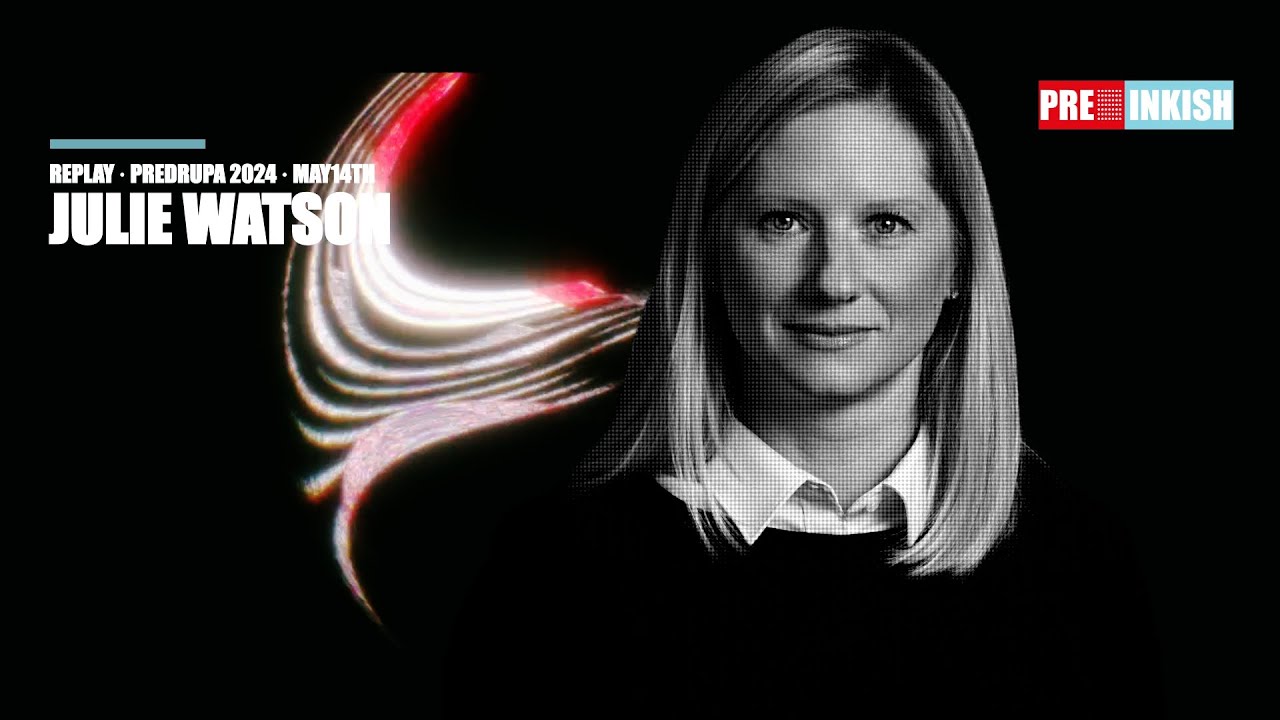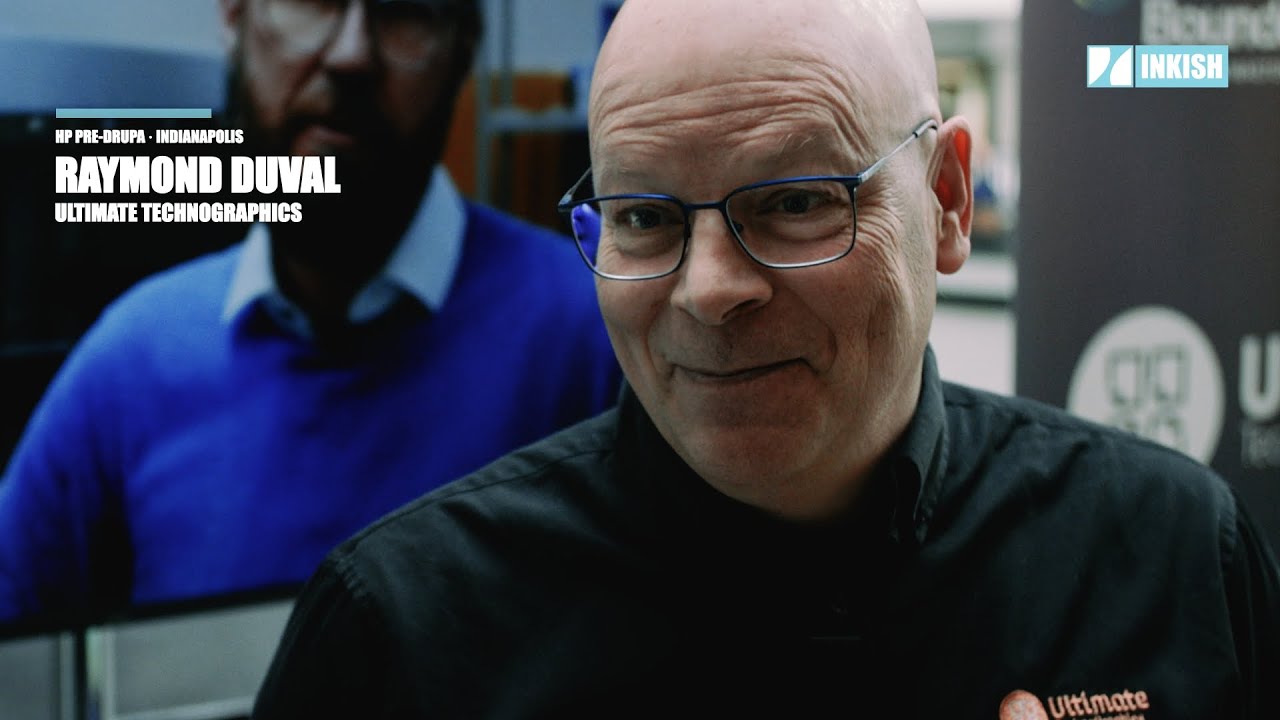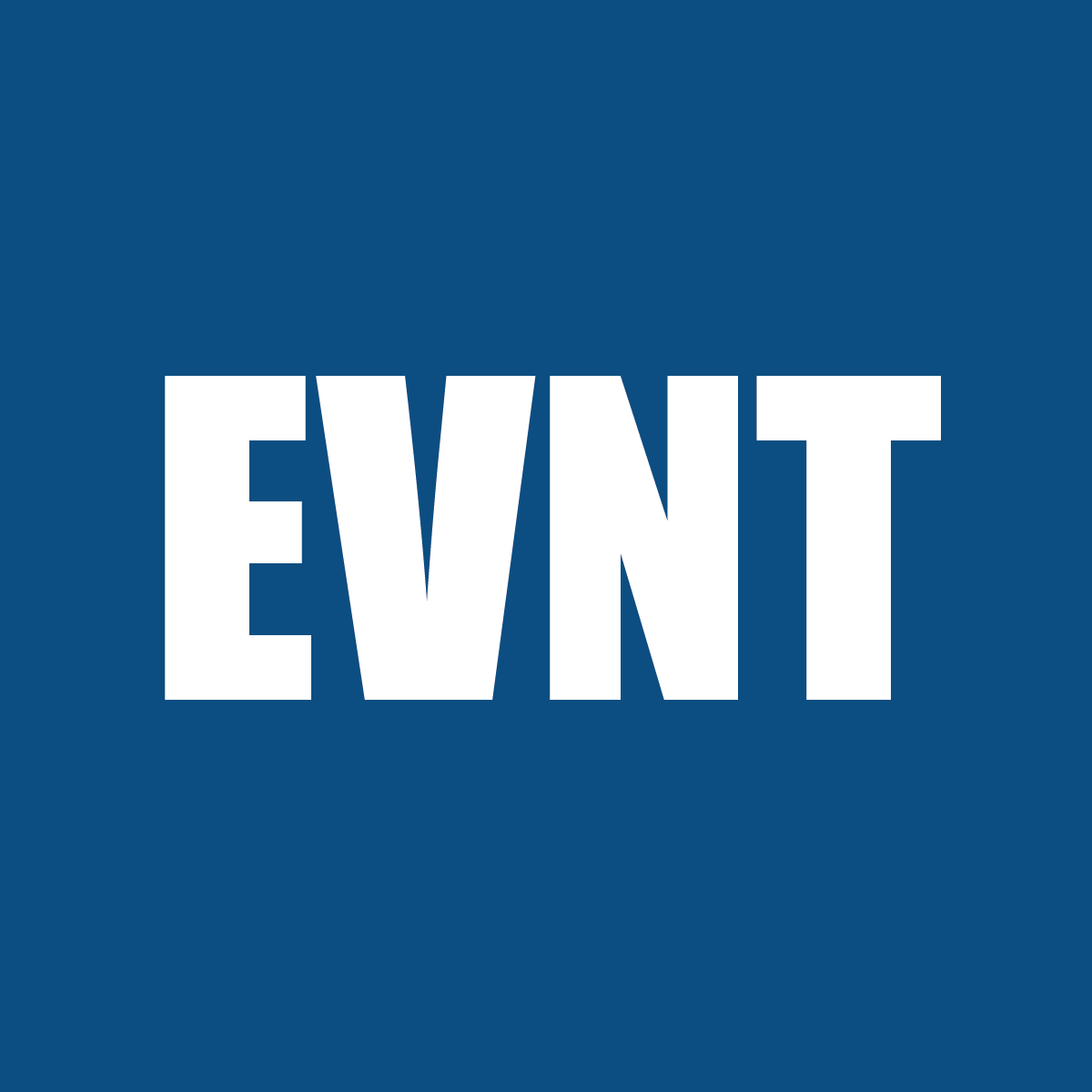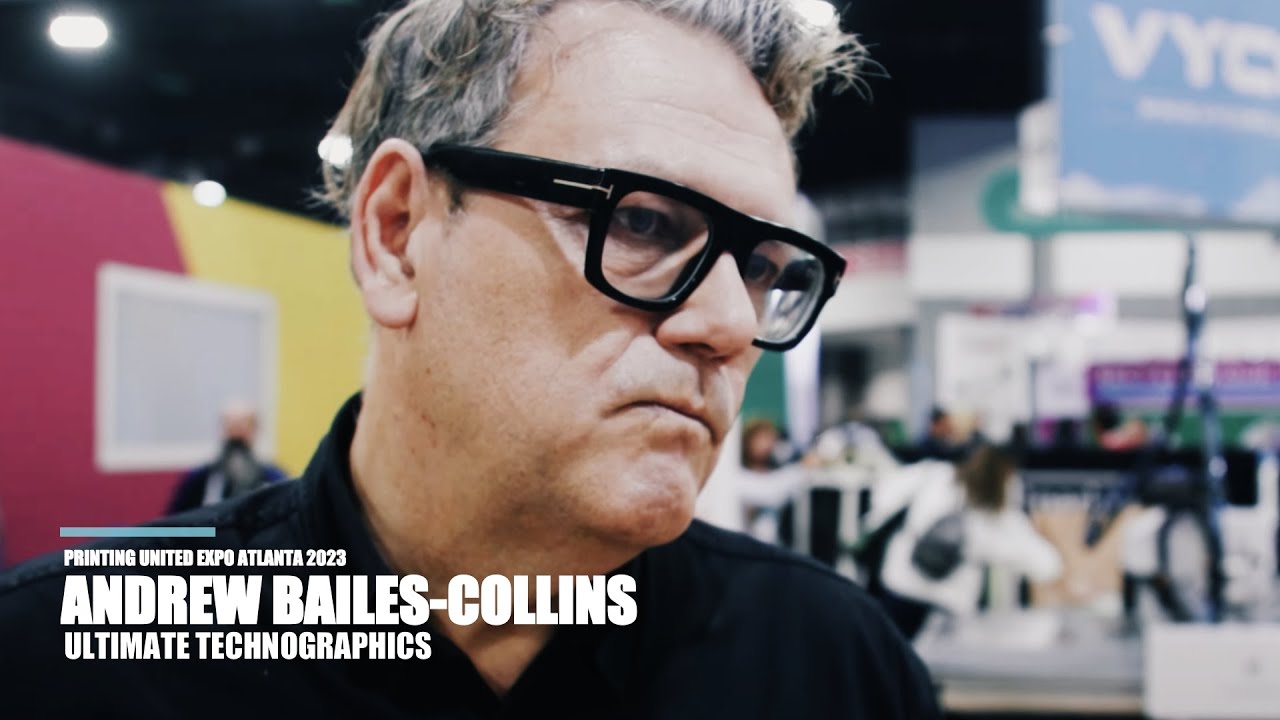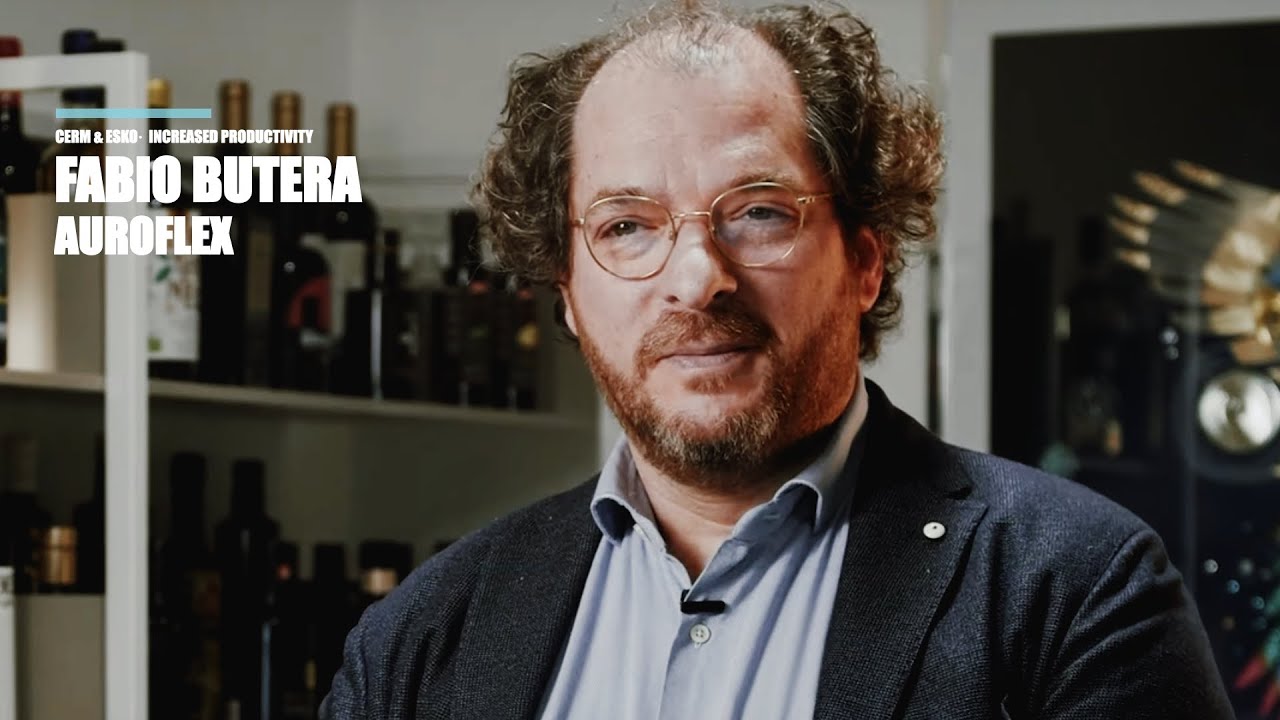Think Smart Factory is a Must Attend Event · Raymond Duval · Director · Ultimate TechnoGraphics
At the Think Smart Factory event in Kyoto, we got the chance to talk to Raymon Duval from Ultimate Technographics, and as you can hear and see in this INKISH film, he is as positive about the event as we are. Ultimate TechnoGraphics has been around for some time and is known for, among other automation solutions, Impostrip.
We hope to bring you more film from these great people in the nearby future 🙂
In the meanwhile – enjoy the interview with Raymond Duval.
Like everybody, we’re smart. We needed to be part of the event because it’s all about automation from the software to printing and finishing equipment perspective. It’s inaugural event. It’s our first year, but after day one everybody had the same opinion. It is a must attend event. In the industry, it’s the only place where you can see all of this automated work together in the same place.
What is needed to do, or what do you we need to do? It’s the same thing all around the world, right? Print volume has to increase, meaning the number of jobs as a printer that I have to do needs to increase, because my volume, meaning the number of copies for a single product, is going down. The only way to be able to sustain my business and print more is to automate. With the same number of people, more or less the same equipment, initially, with automation, by integrating everything, I can print more pages. And it’s inevitable for everybody. Automation is not a matter of if anymore. It’s a matter of when. When do I need to do it to grow my business? Or when do I need to be forced to do it to grow my business.
We glue the key components of it. Consuming an upstream ticket, the job intent, transforming it, imposing it for different devices, whether it’s cut sheet, roll fed, digital, offset, large format, it’s to be able to centralize this and generate the print ready file. And then we also do bindery automation by consuming the same ticket to send it to different finishing devices to automate parameters, eliminating make ready. So that’s the whole thing about automation, removing touchpoint in the workflow.
Innovation is all about transformation, the ability to understand the customer need, the ability to foresee what’s going to be required in the field. And 30 years ago when we started to do imposition, it was all about convincing a company owner or a print press operator to go from a knife, tape, marker doing film, outputting film setters, to use a computer mouse. Now, that was a strange concept to use a mouse, whereas in the last decade, it’s all about not touching anything. Automation should be lights out. So convincing again that your business as a printer will thrive if you have people not touching anything is a difficult concept, 10 years ago, to understand, whereas today it’s something that most customers on the forefront of growth are looking for.
… to a much evolved level where it’s no longer going to be about, “How do I connect the machines? How do I connect the workflow component, the MIS, the imposition, the [inaudible 00:00:03:19], and all those components?” It will be more about an operational perspective for automation. “How do I carry my print jobs to the trucks? How do I get the robots,” as you can see here in [Tech Smart Factory 00:00:03:34], “to carry the finished goods out the door to the trucks to the customer? How do I get feedback when I’m in vacation as a business owner and look at my …” whatever we’ll have in 10 years, not a mobile phone, maybe it’s this form of printed plastic that has automatic refreshing of information. And I’ll look at my numbers. “How many jobs came in? How many jobs are waiting? How many jobs have shipped?” This will be the automation level in five to 10 years from now.
Of course, of course. Printing is not dead. We hear that every day, right? You can see it here. The modern printers are the ones that will automate, the one that will be able to capture all those jobs, and will [inaudible 00:04:23], because print will ever, ever, ever be there, and required, even by our kids and their kids and the next generation after.


